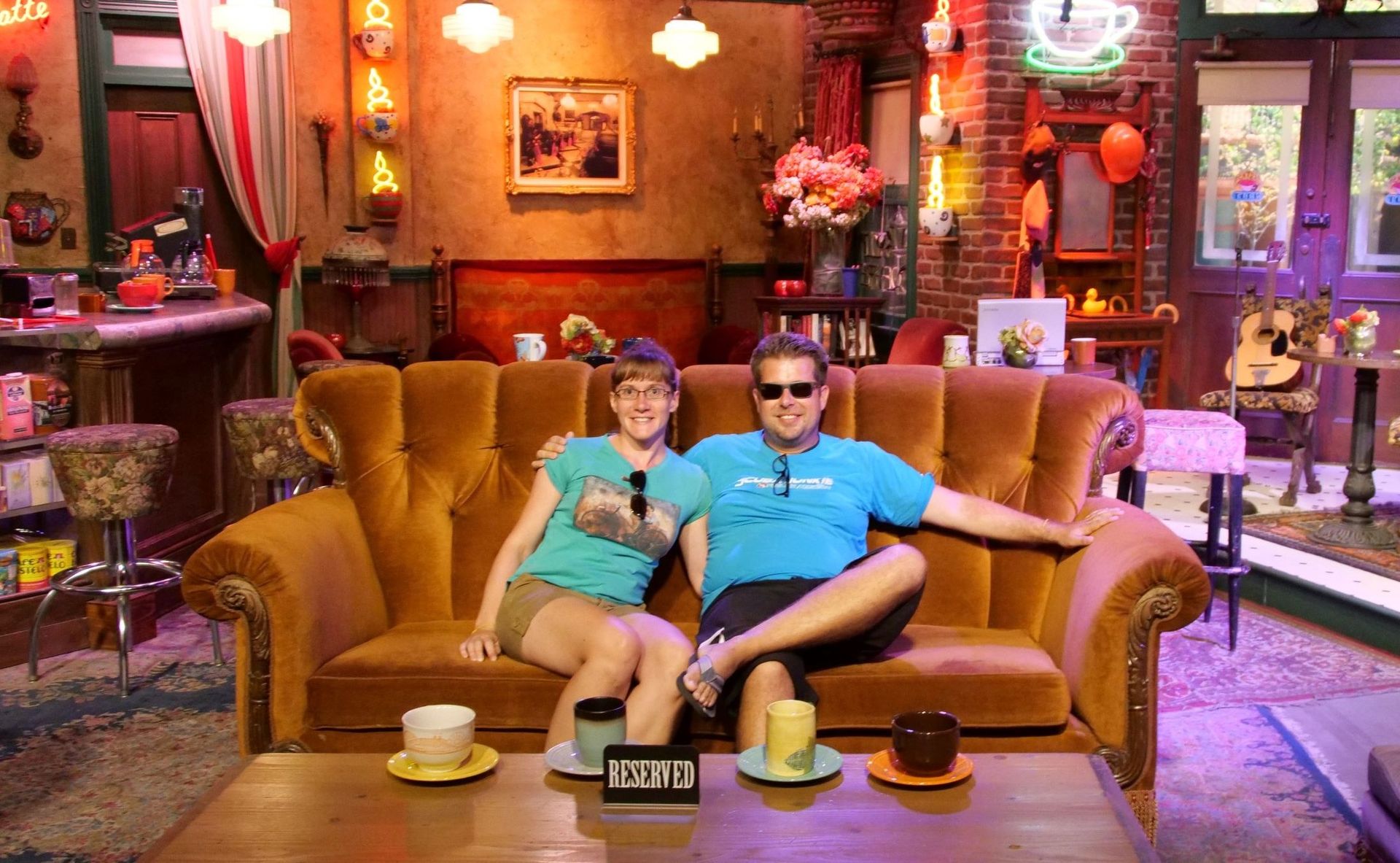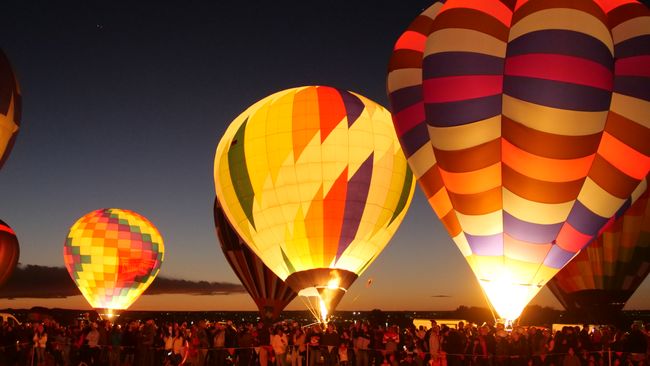20/08/2022 to 22/08/2022 - Istanbul, Turkey
Objavljeno: 24.08.2022
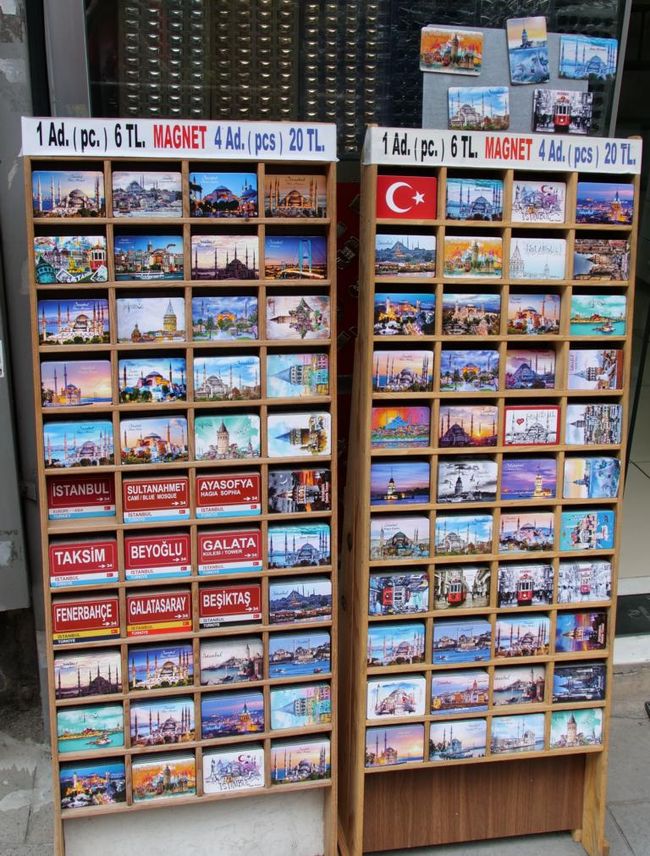
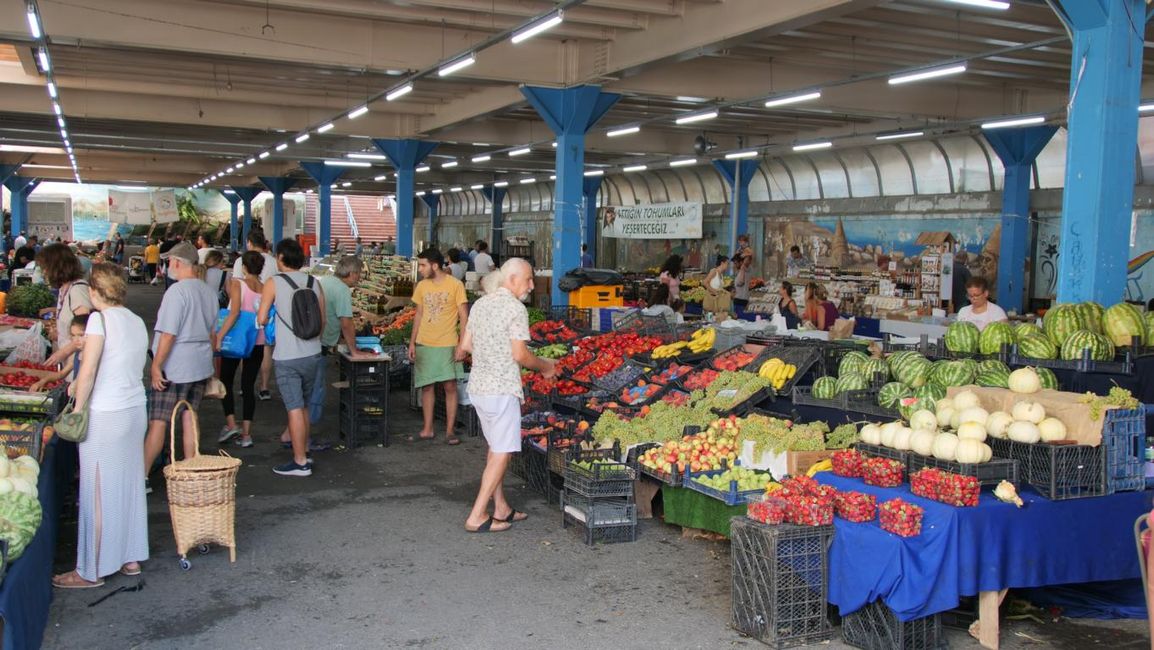
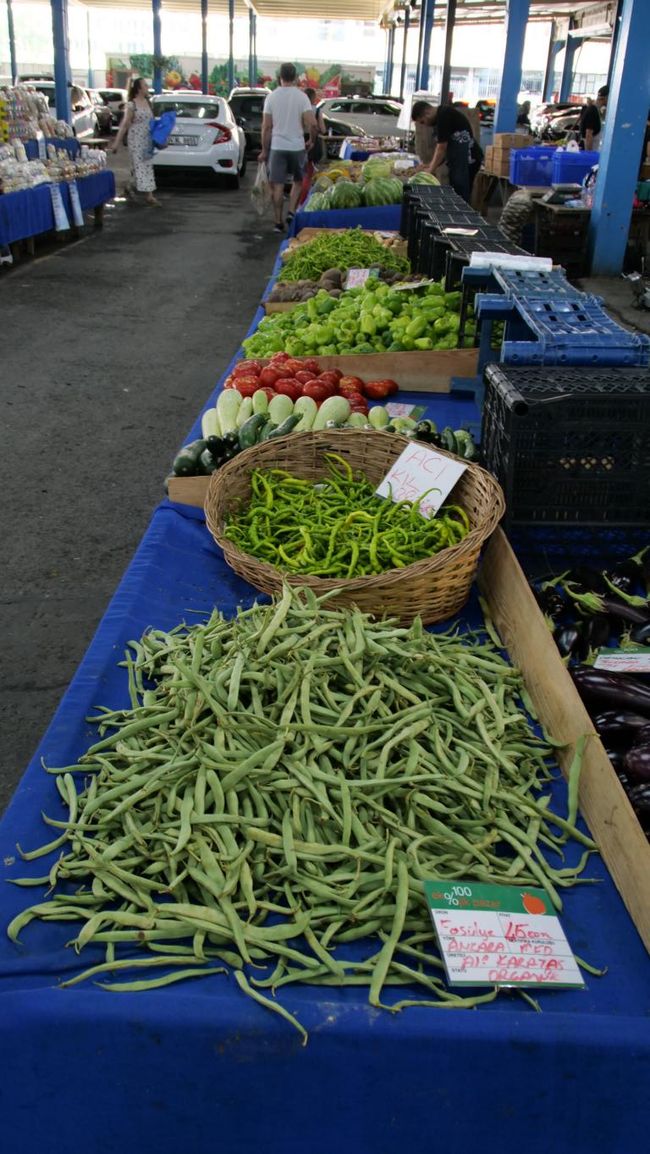
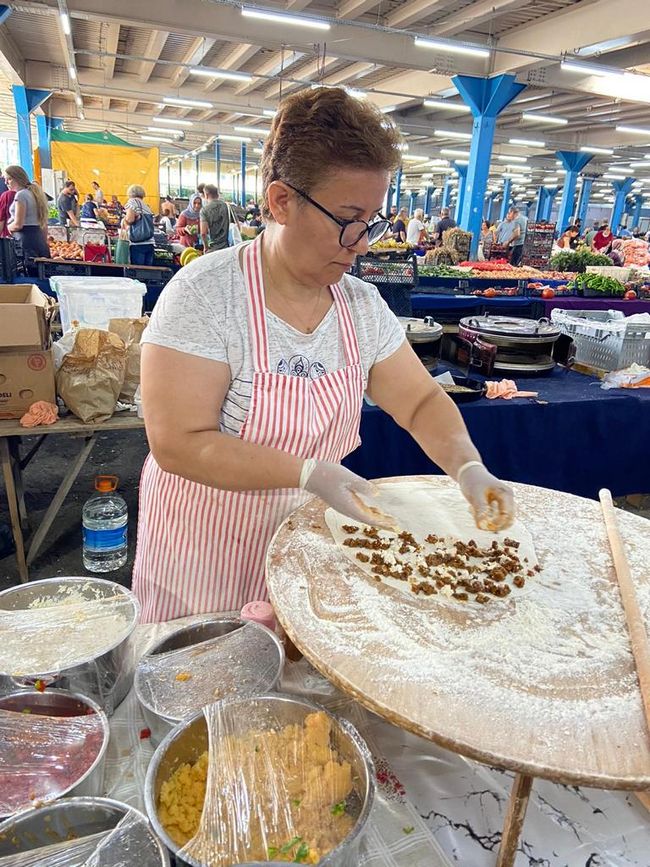
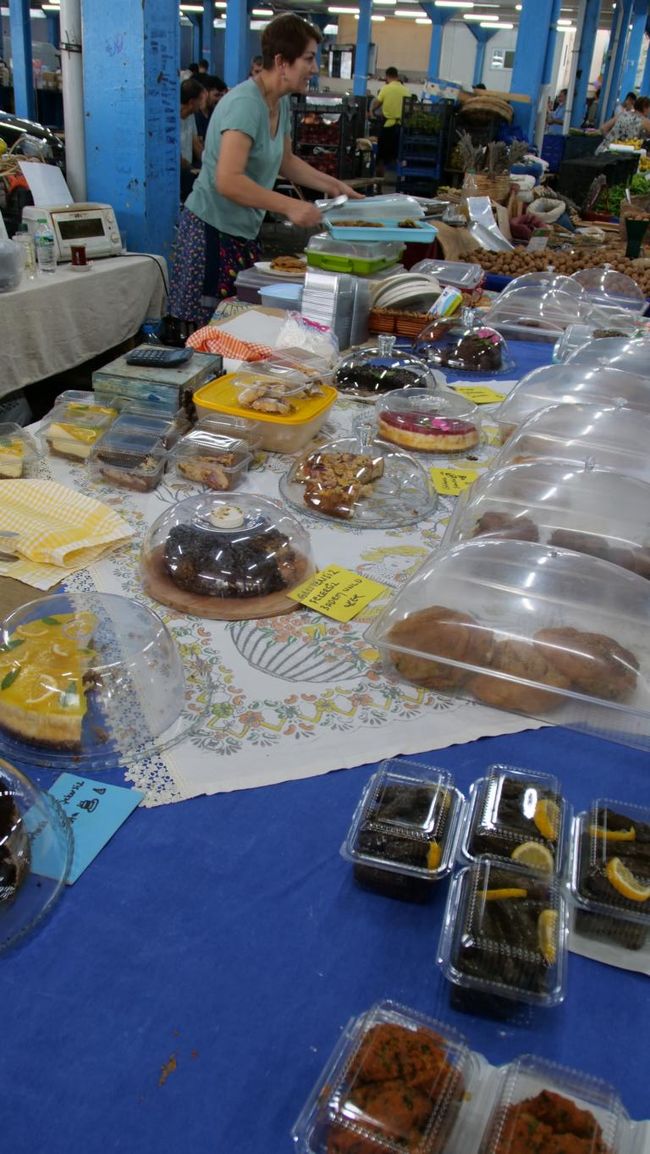
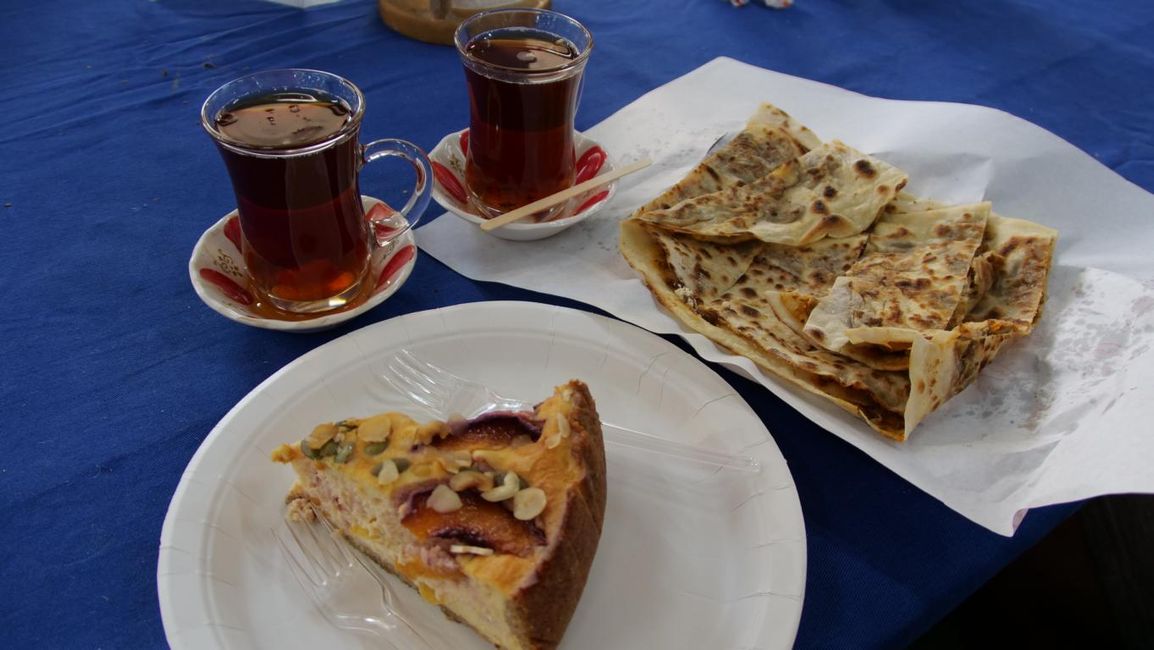
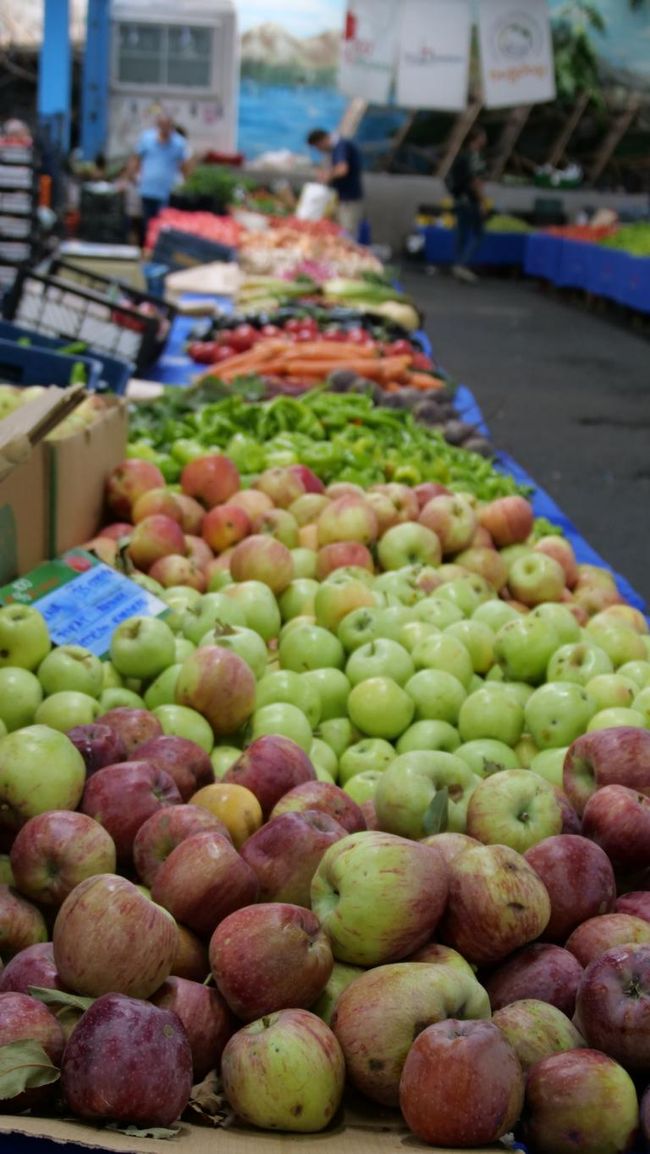
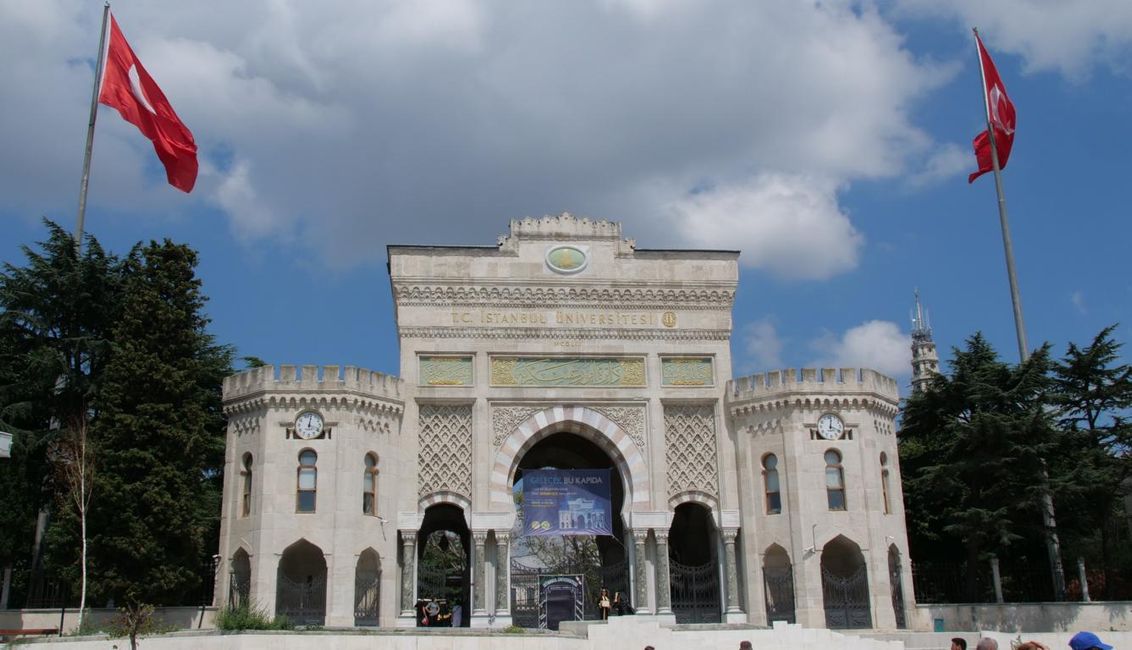
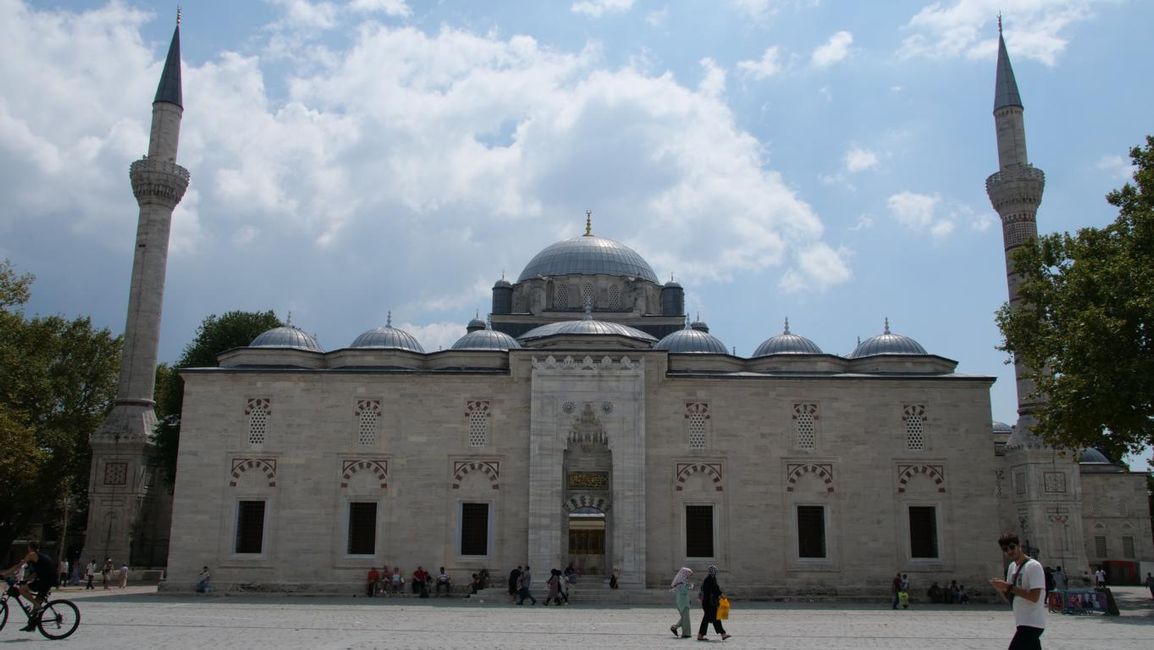
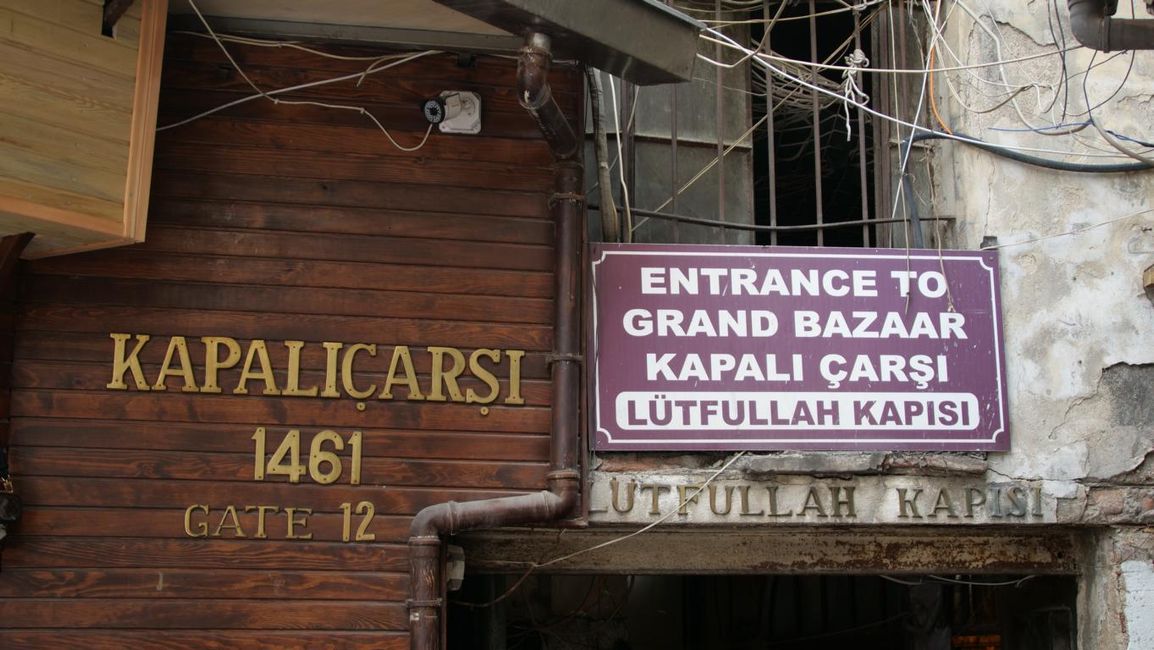
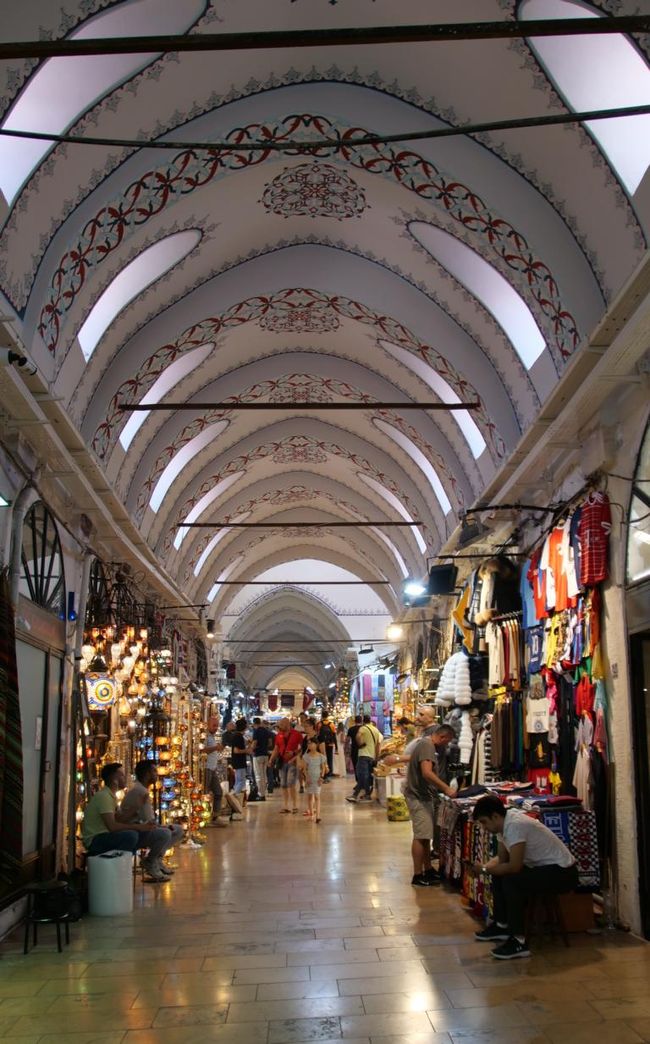
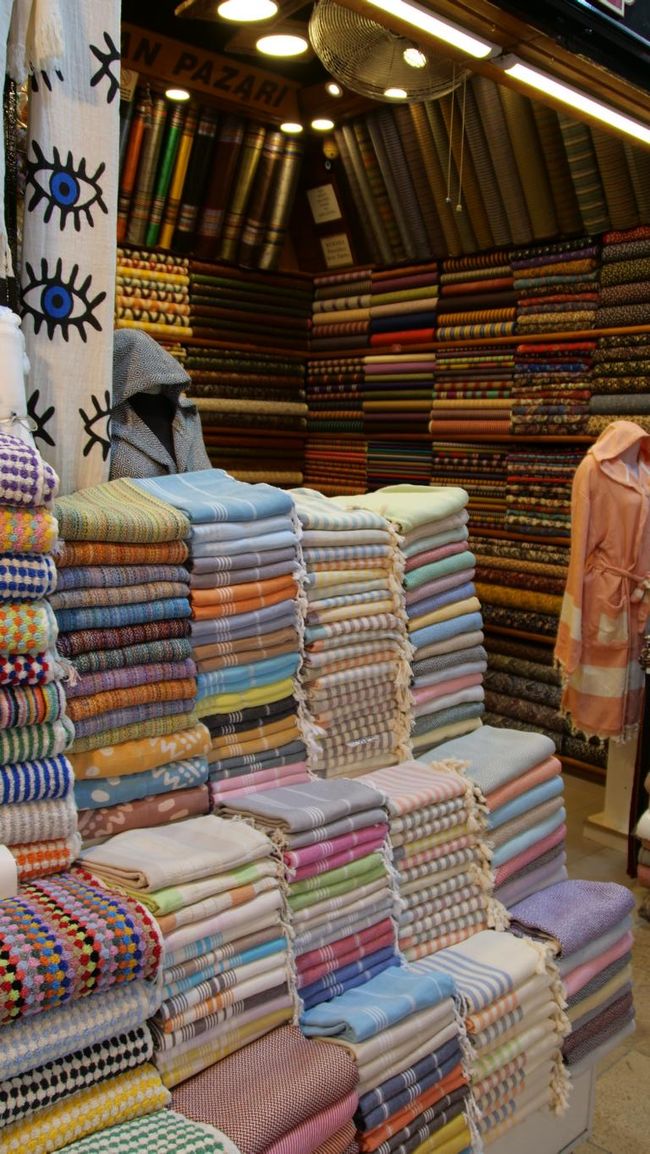
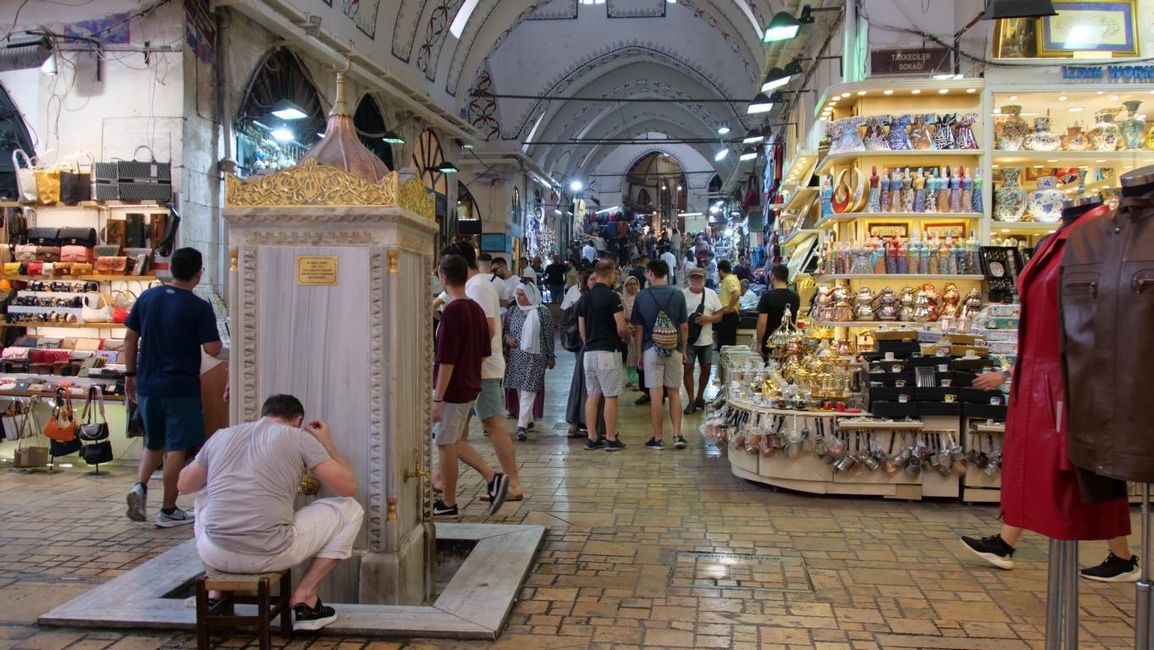
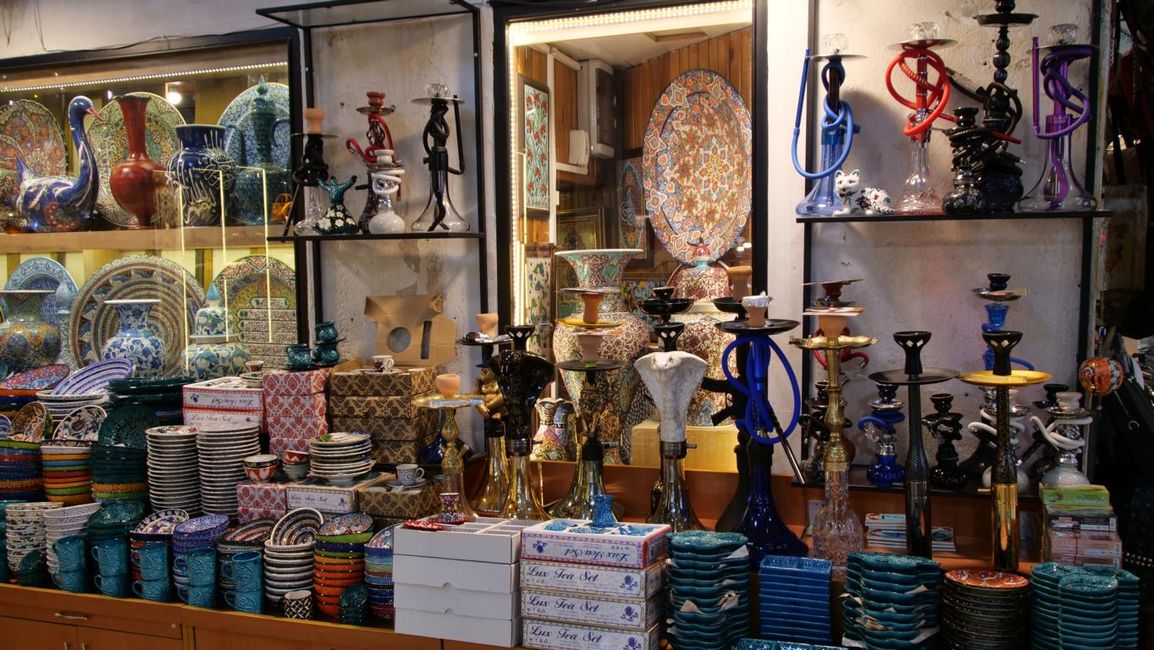
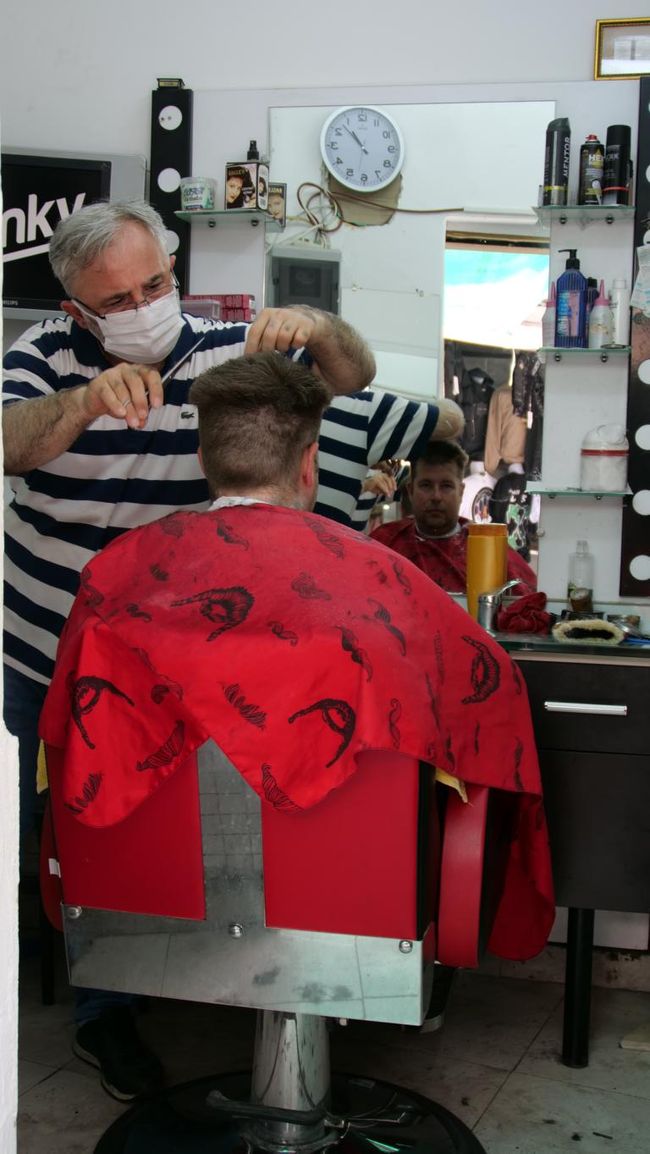
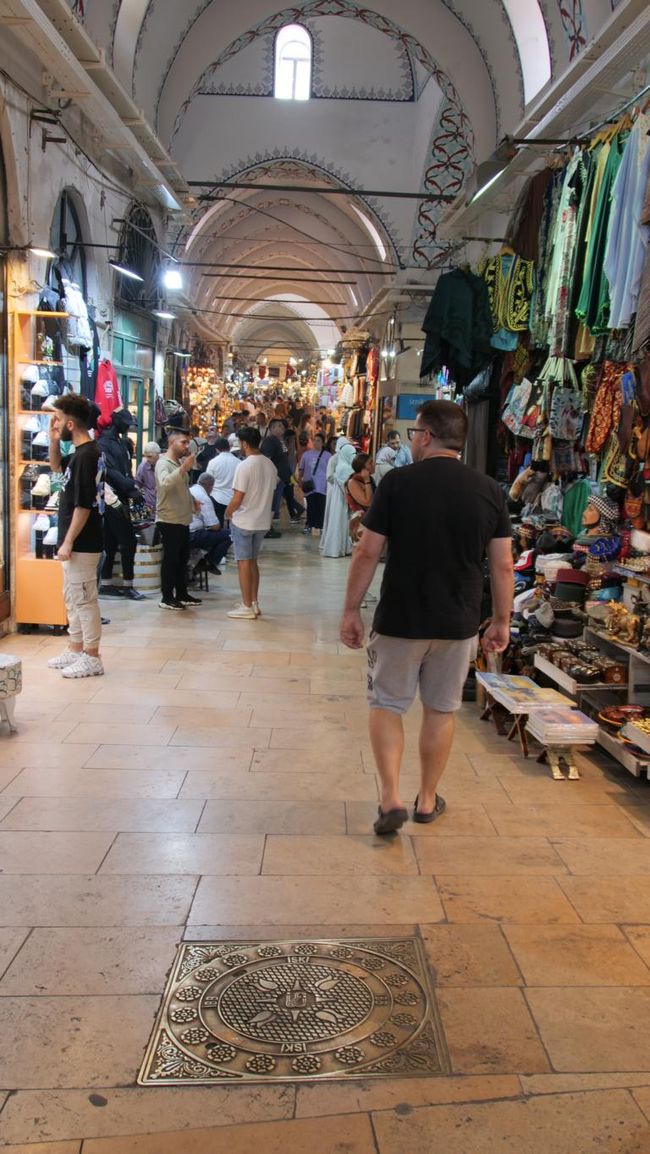
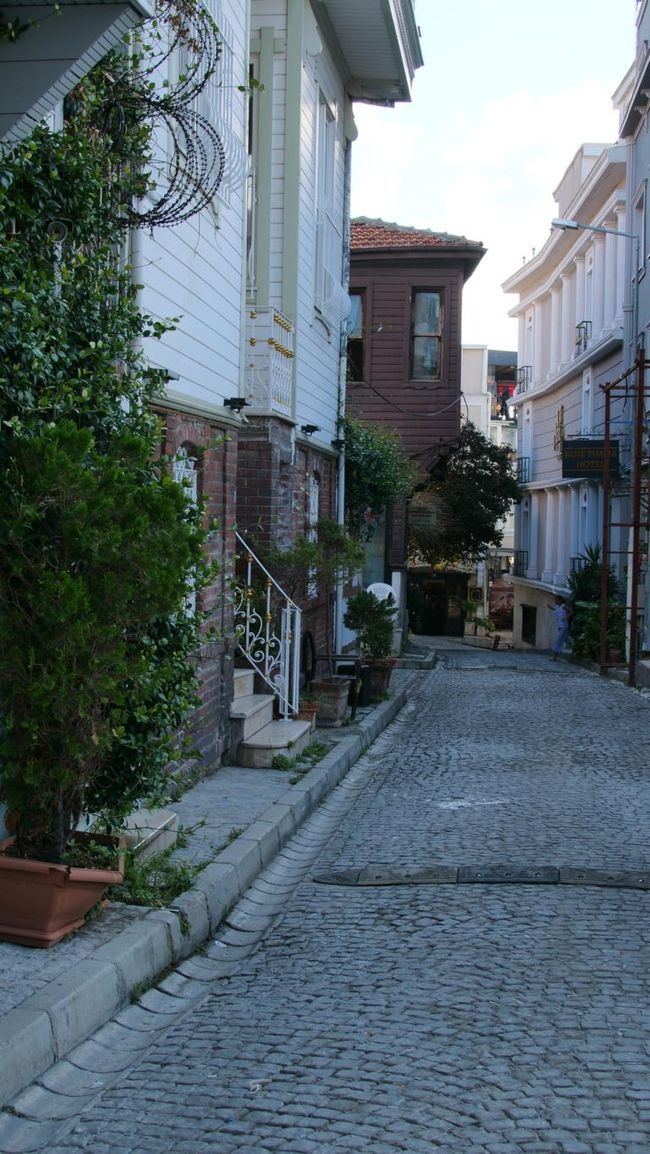
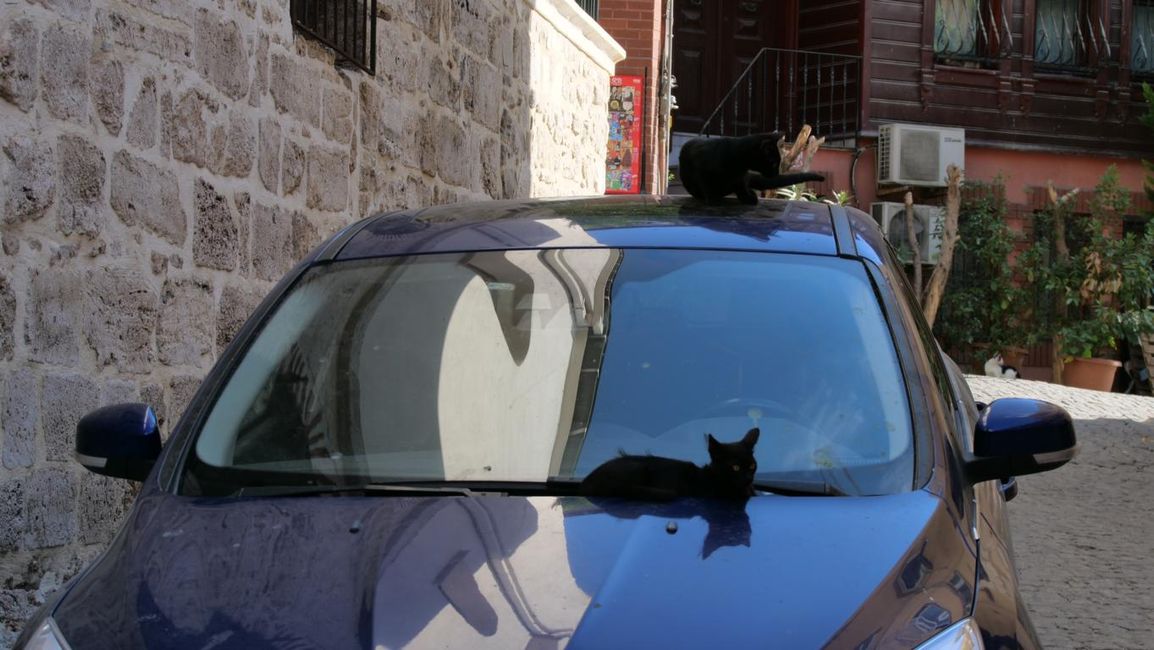
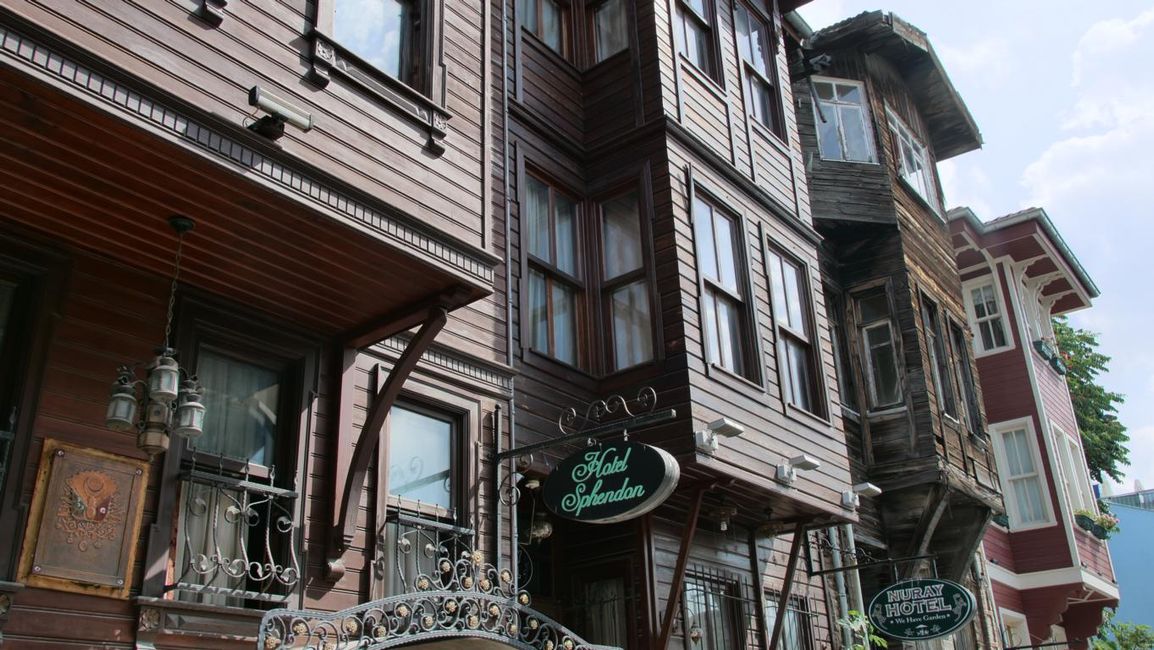
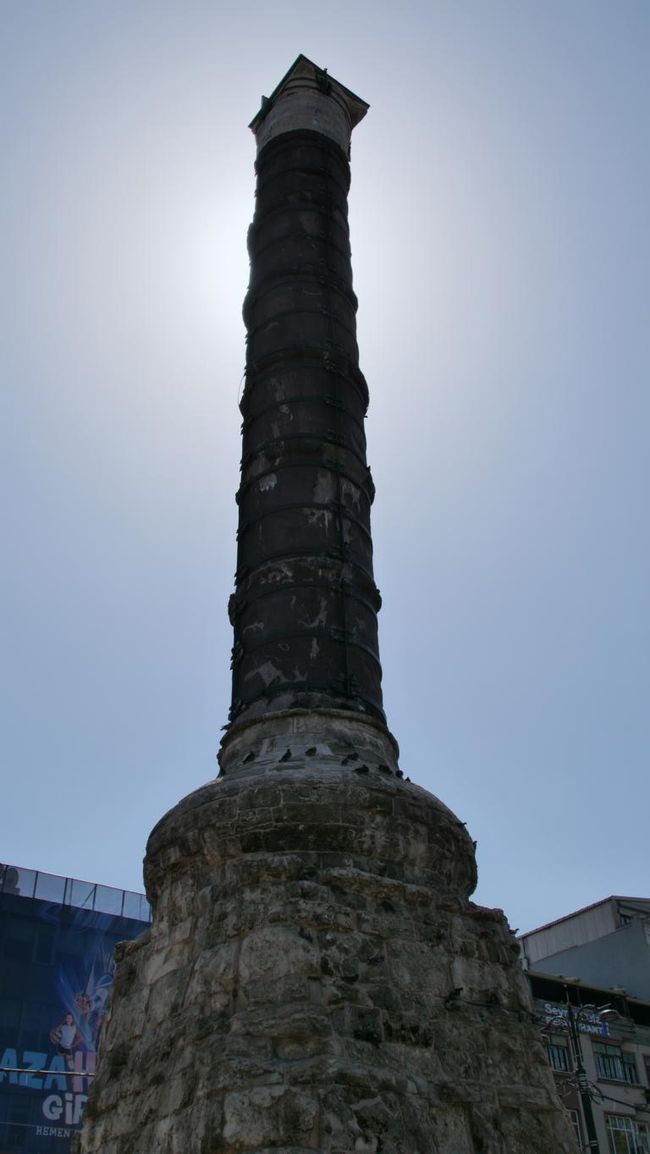
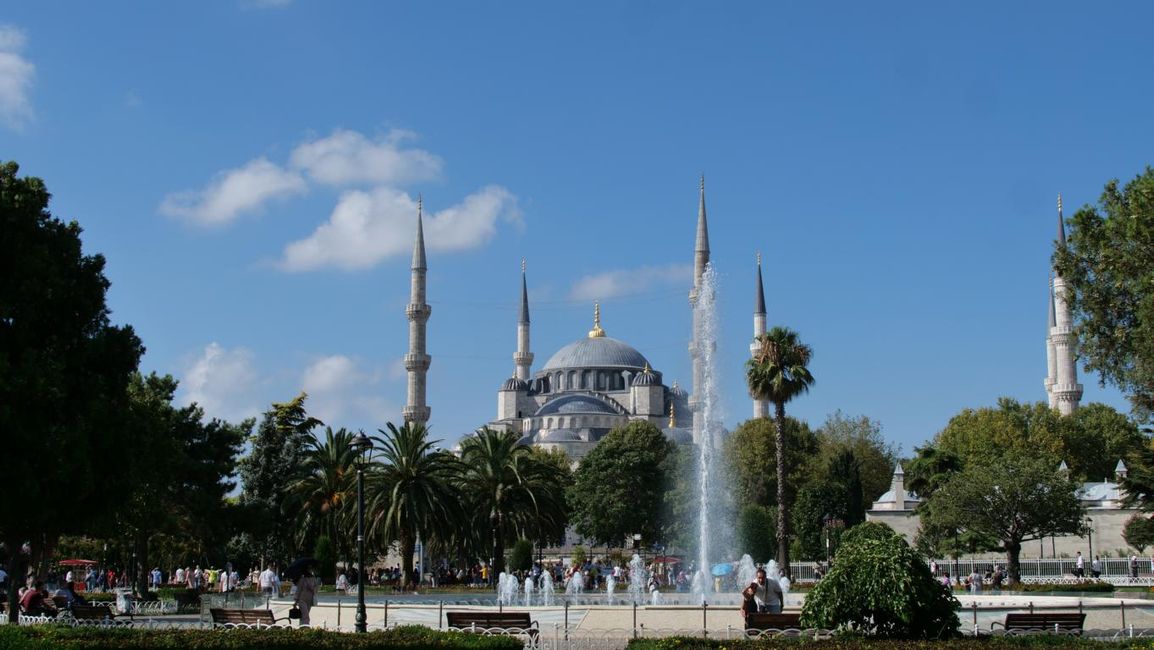
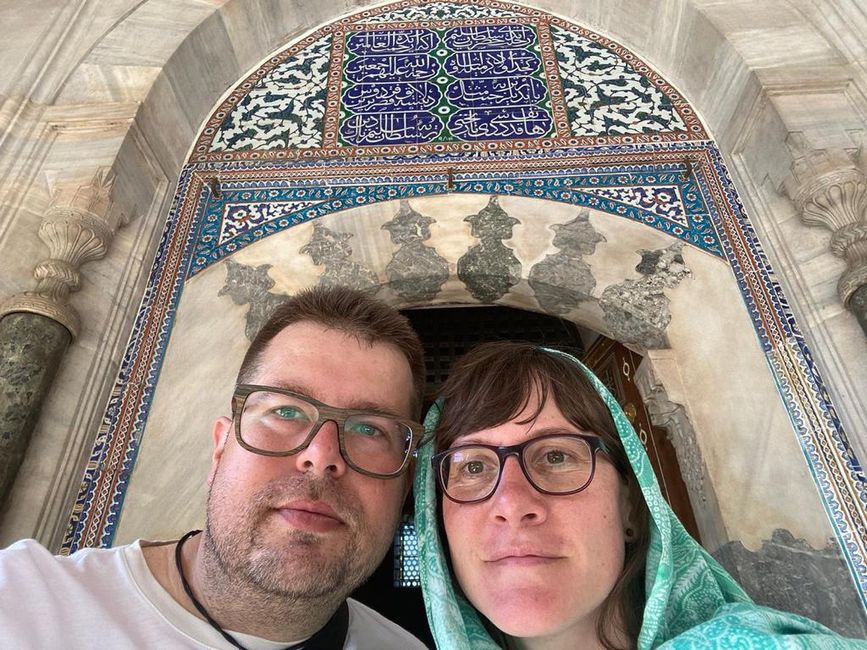
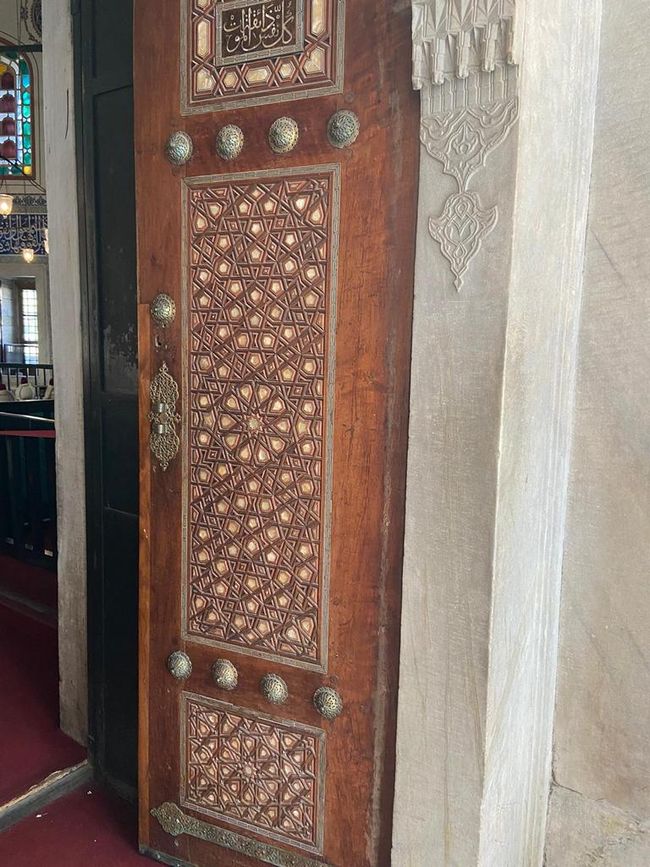
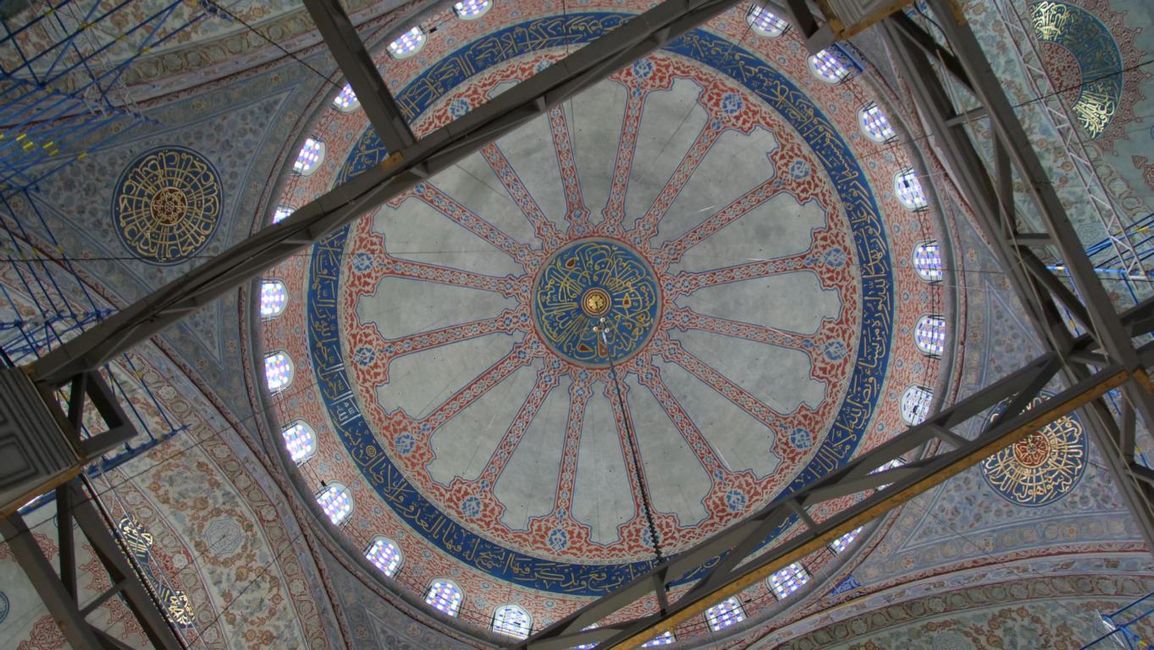
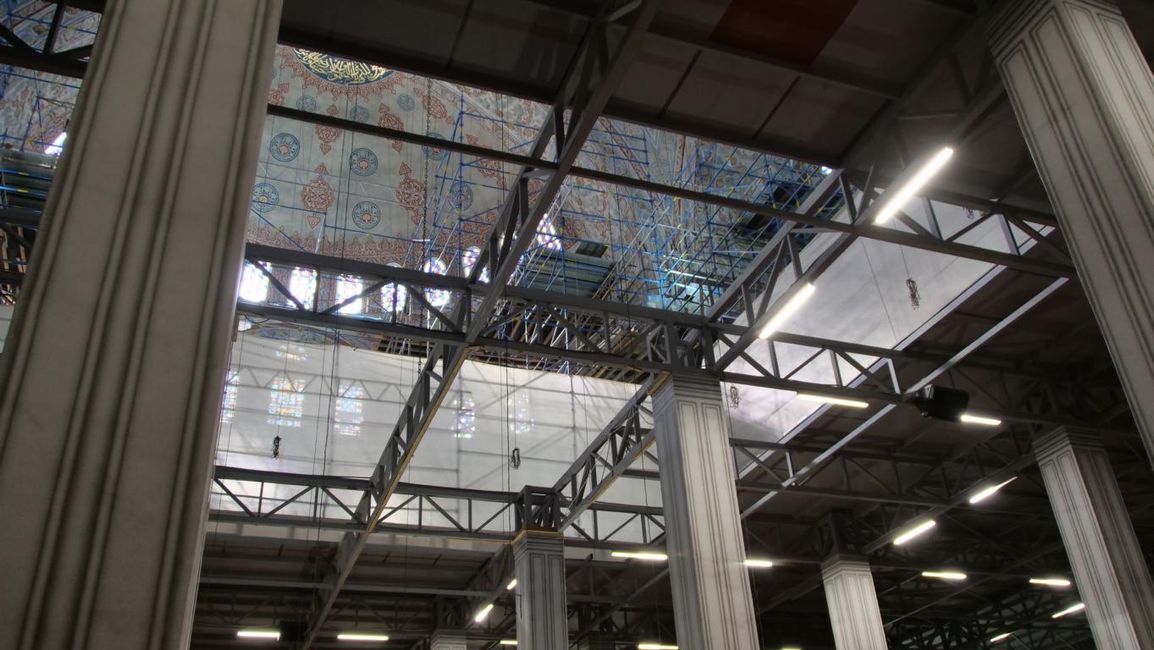
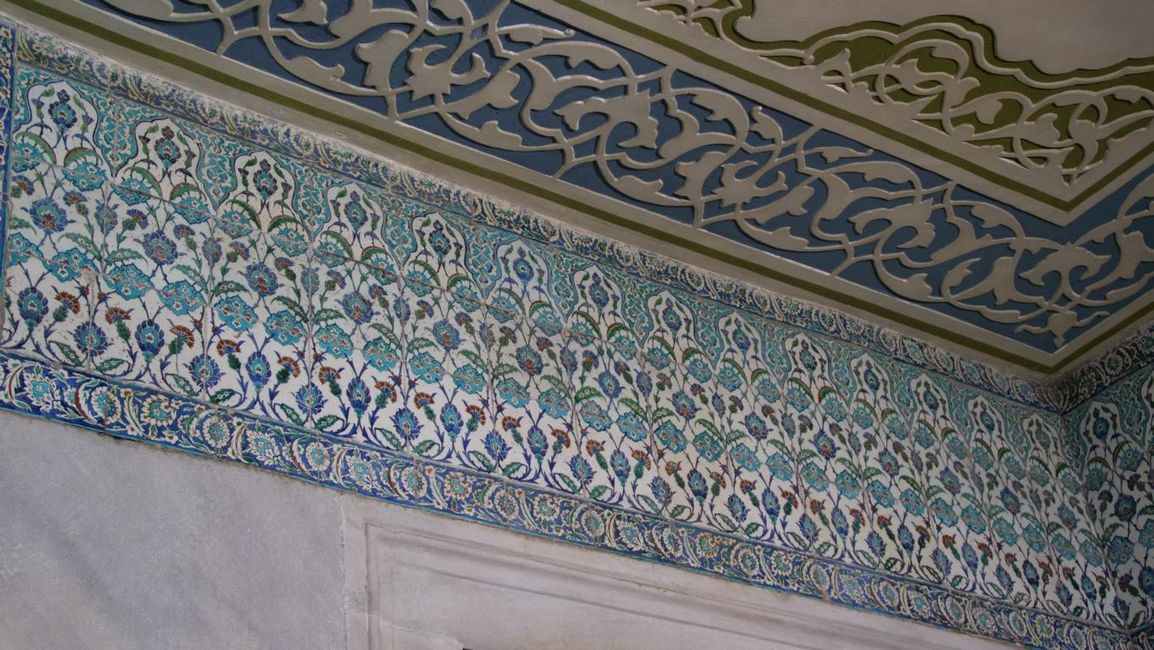
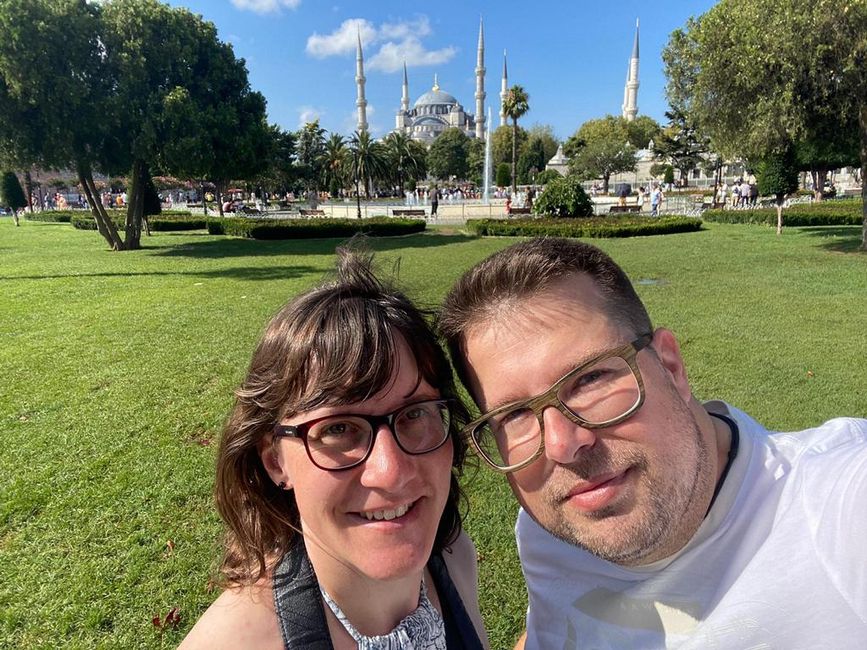
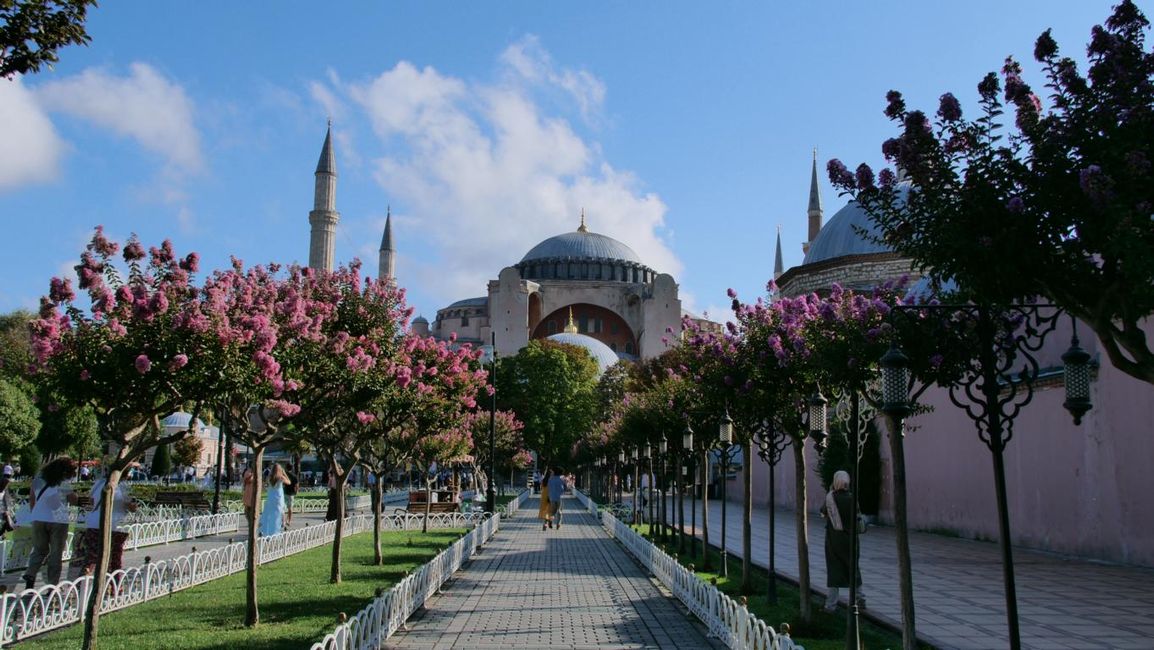
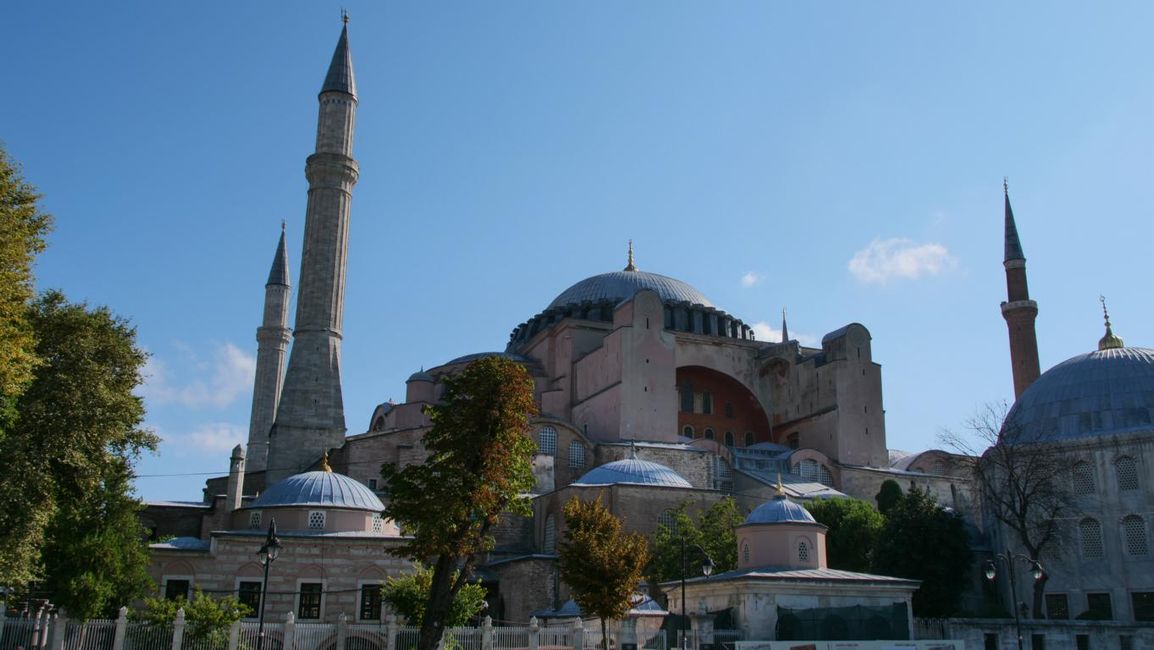
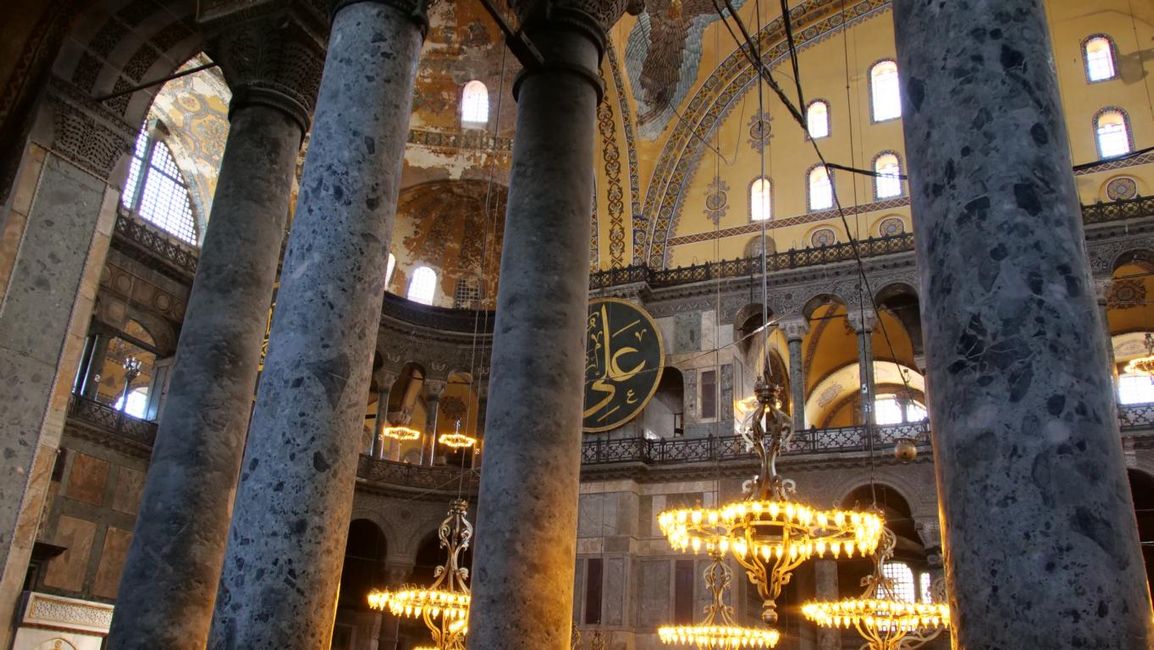
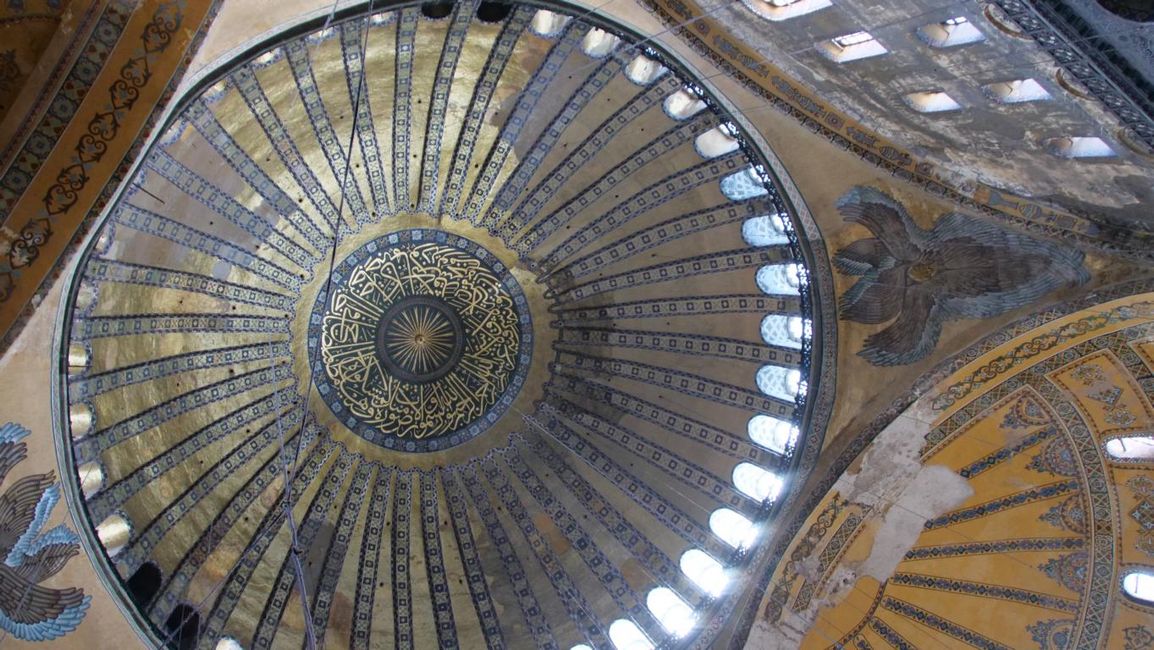
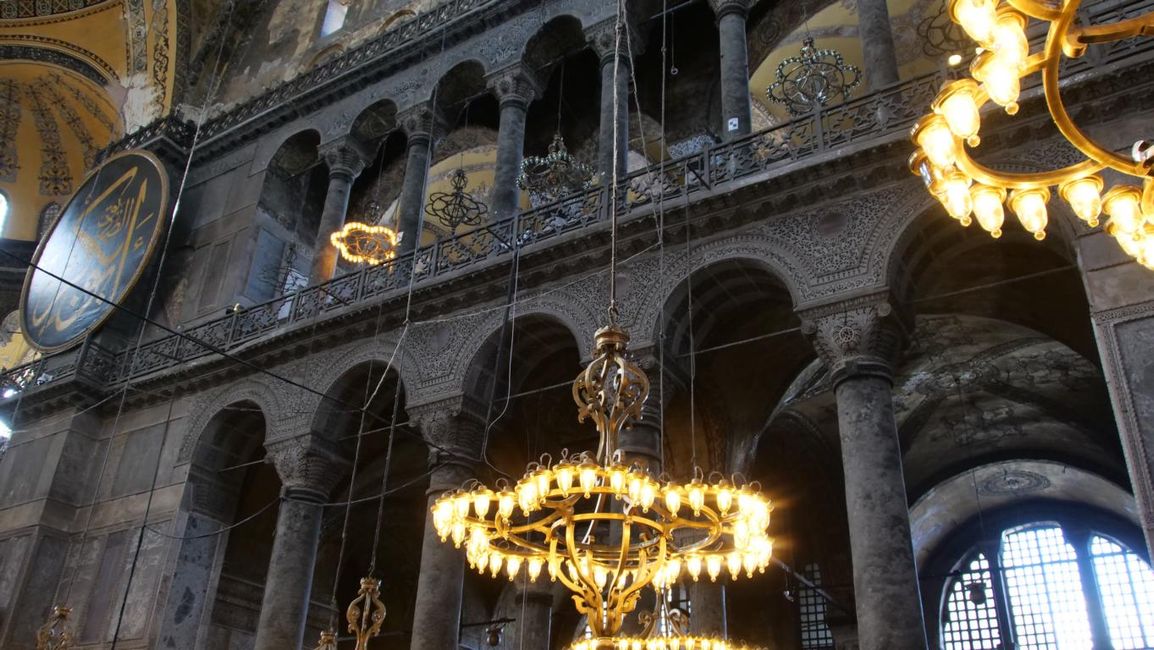
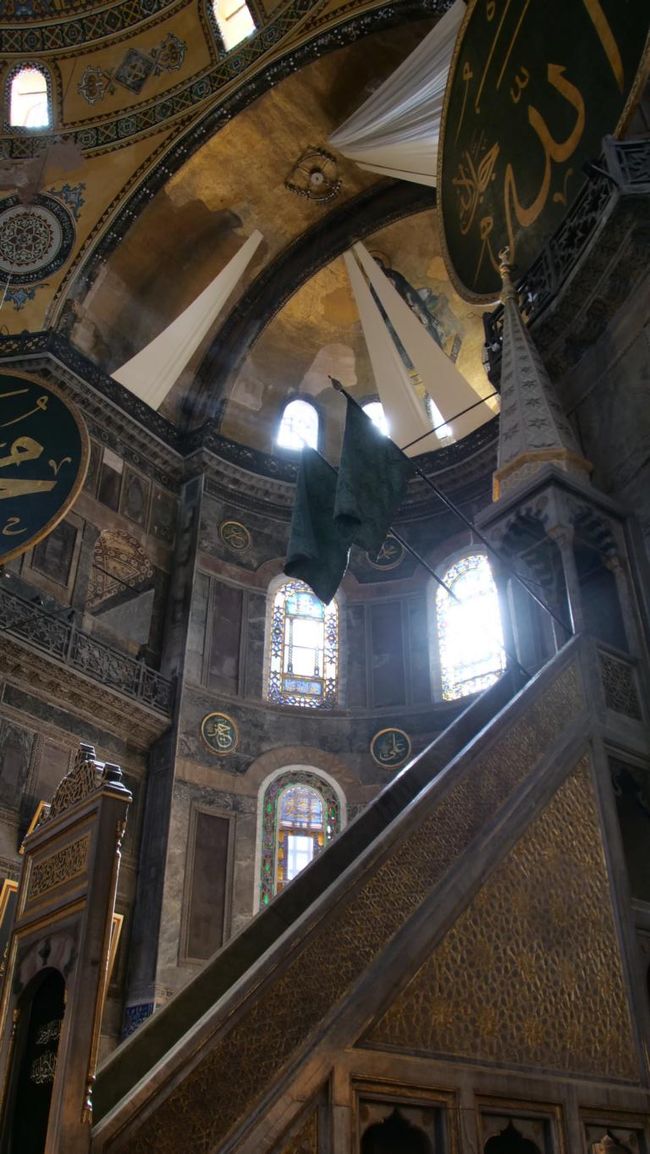
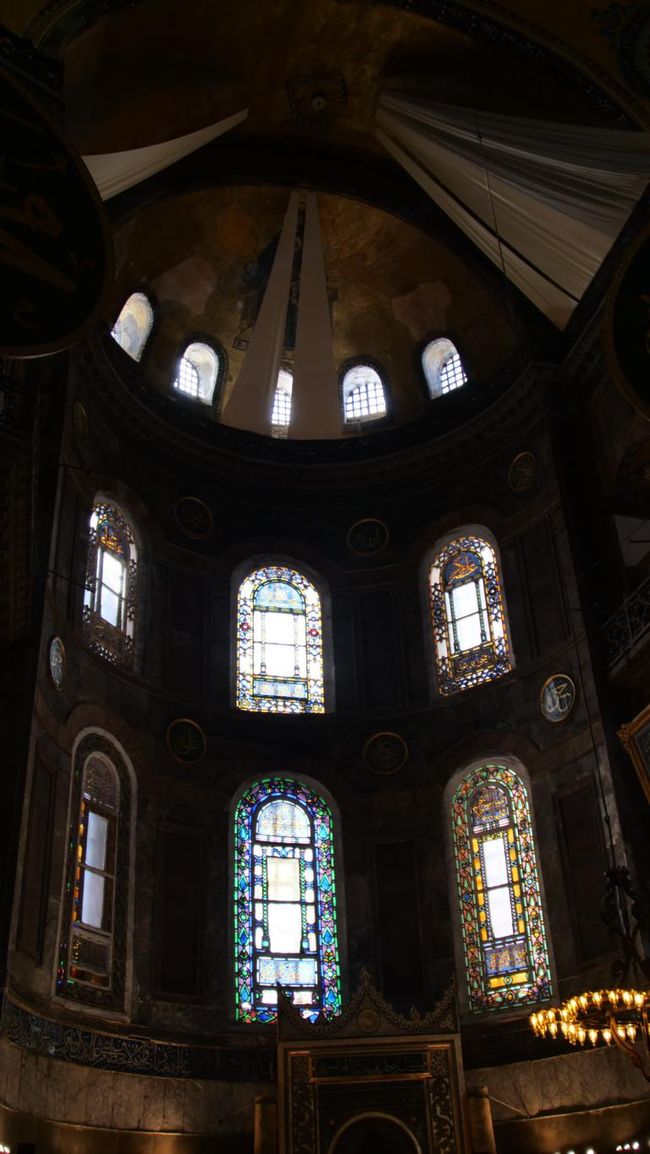
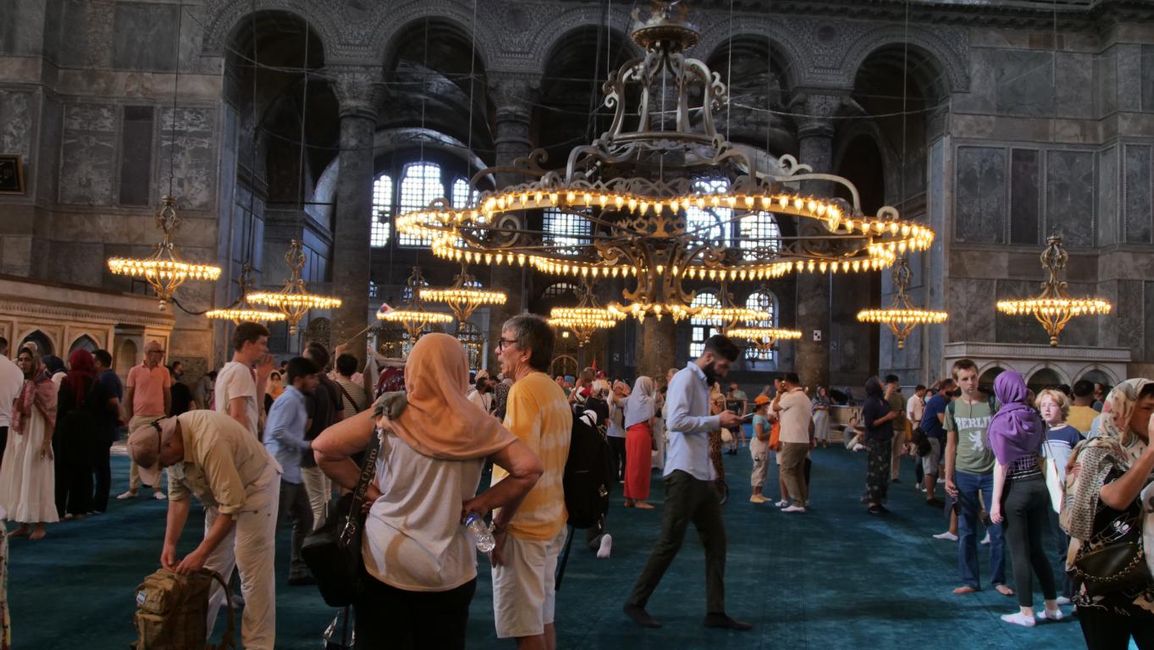
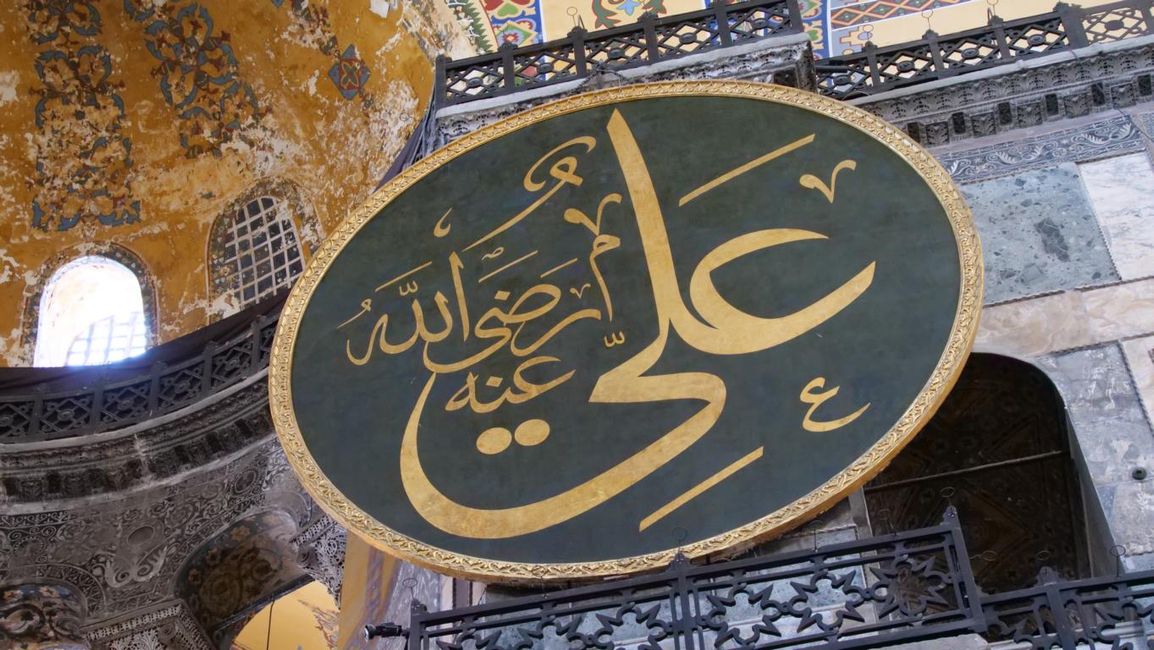
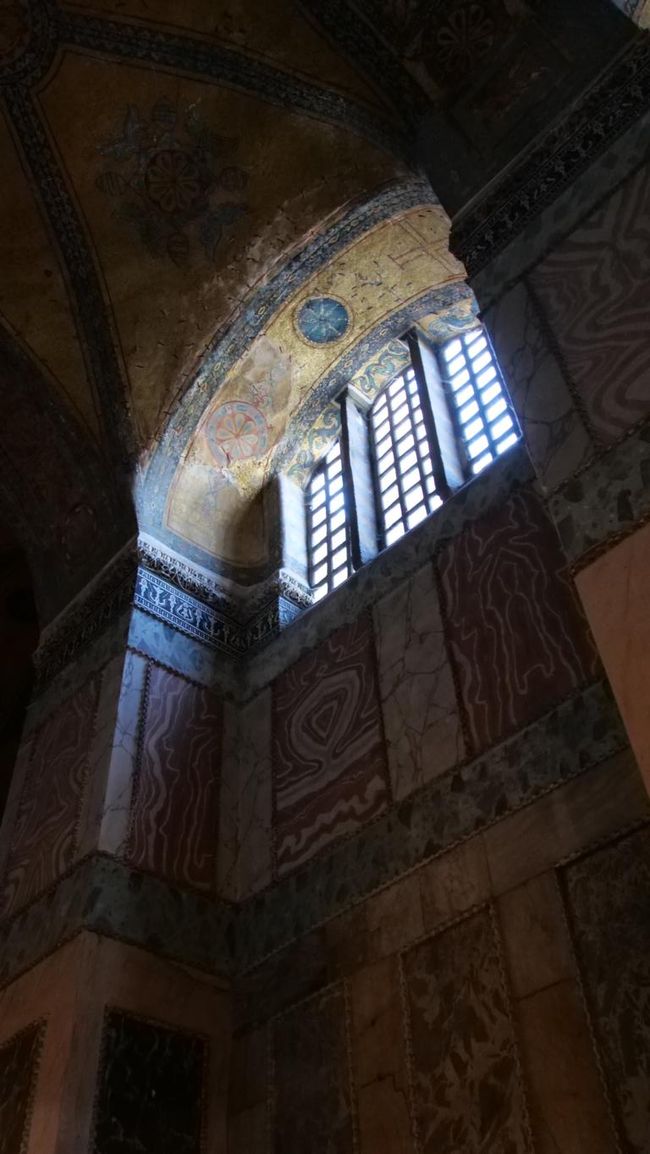
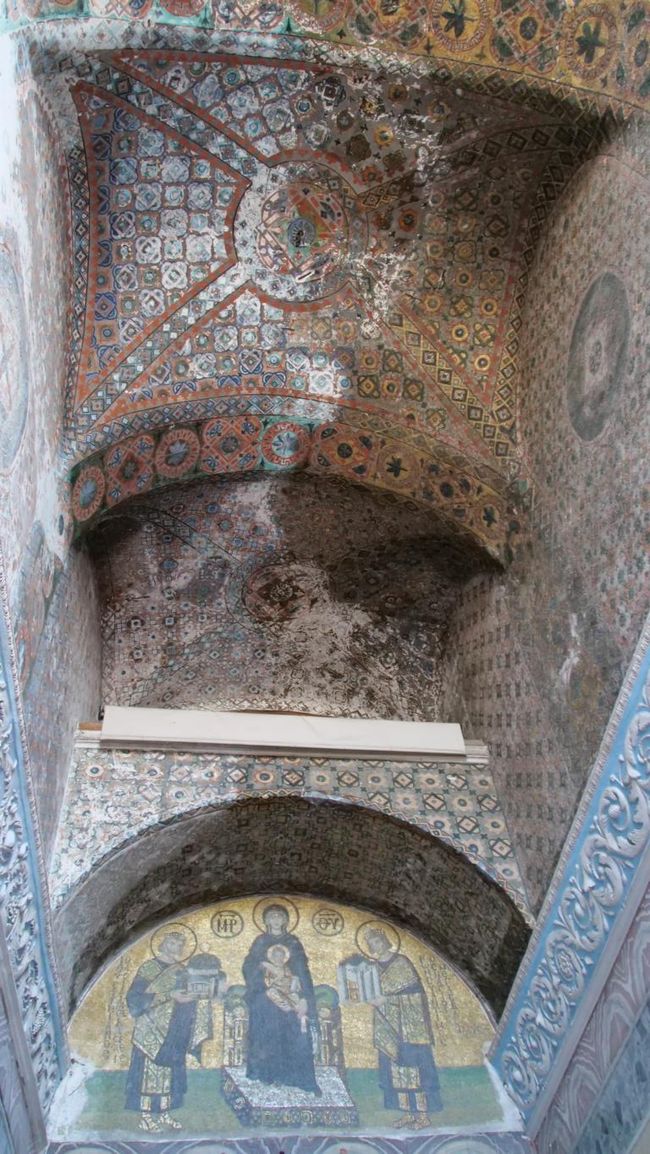
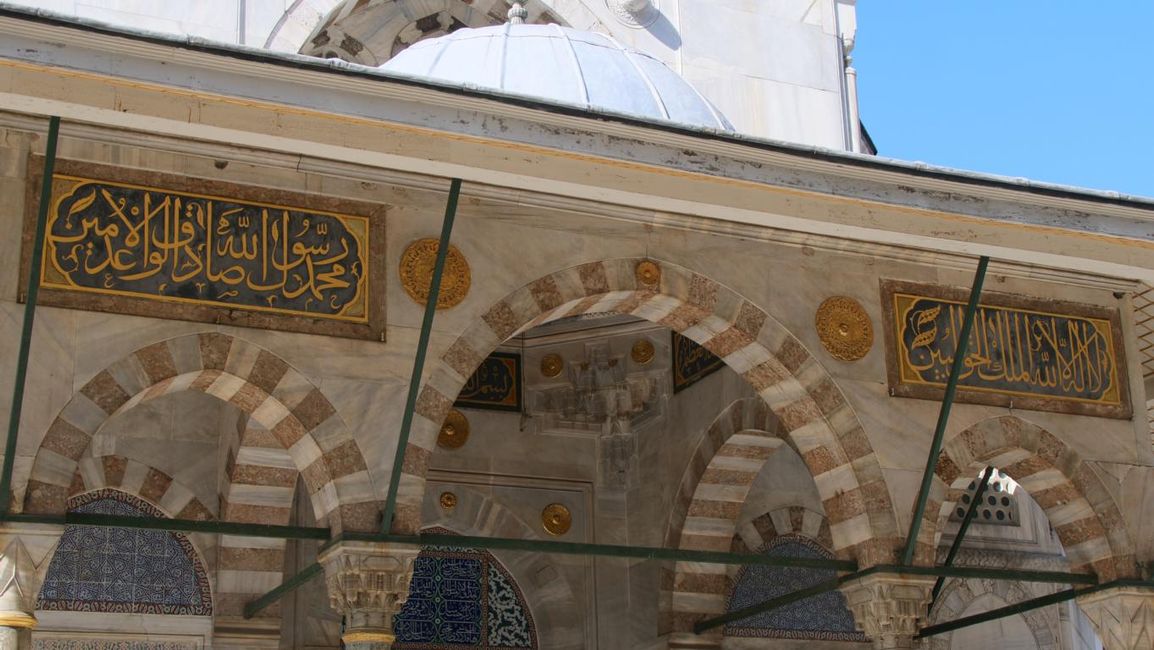
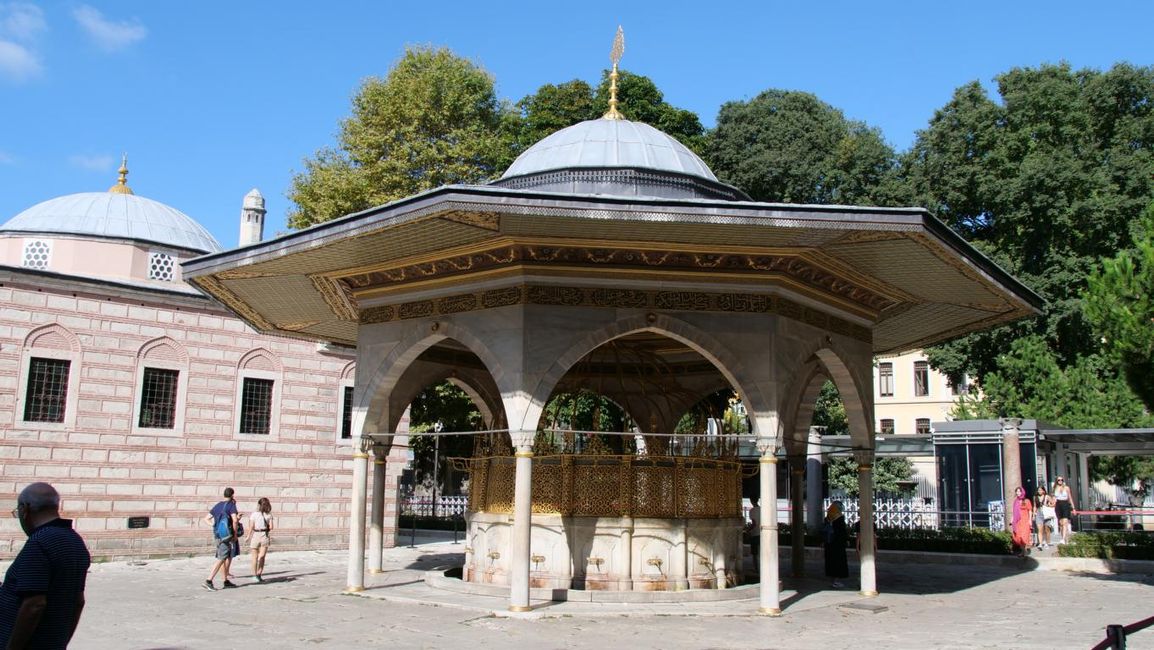
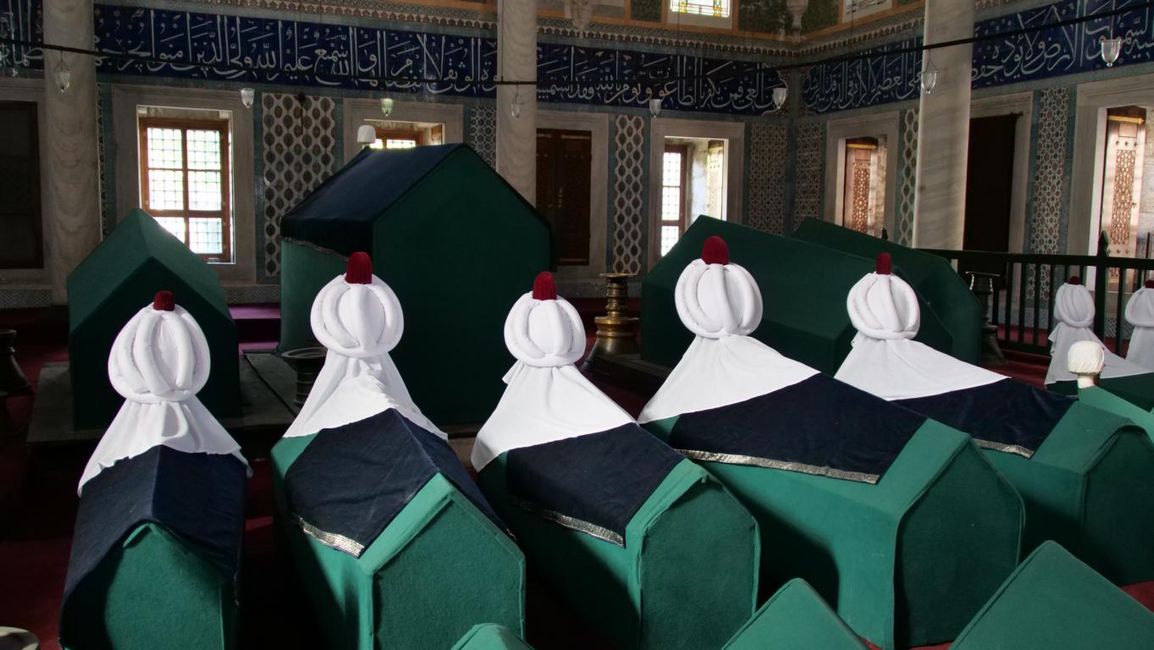
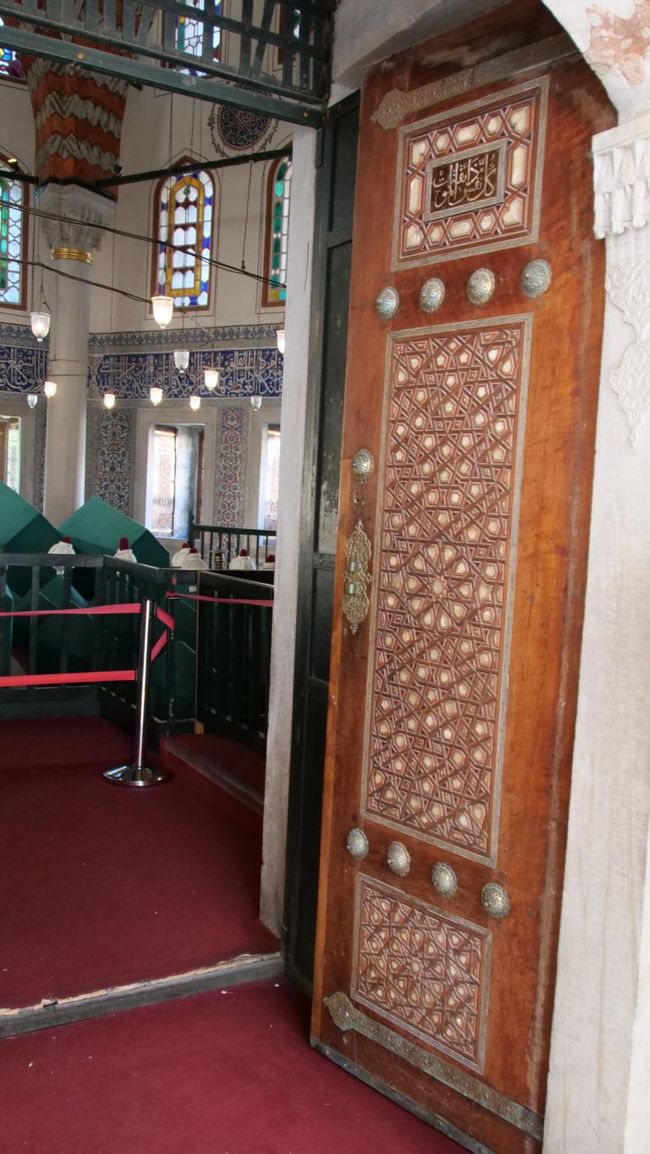
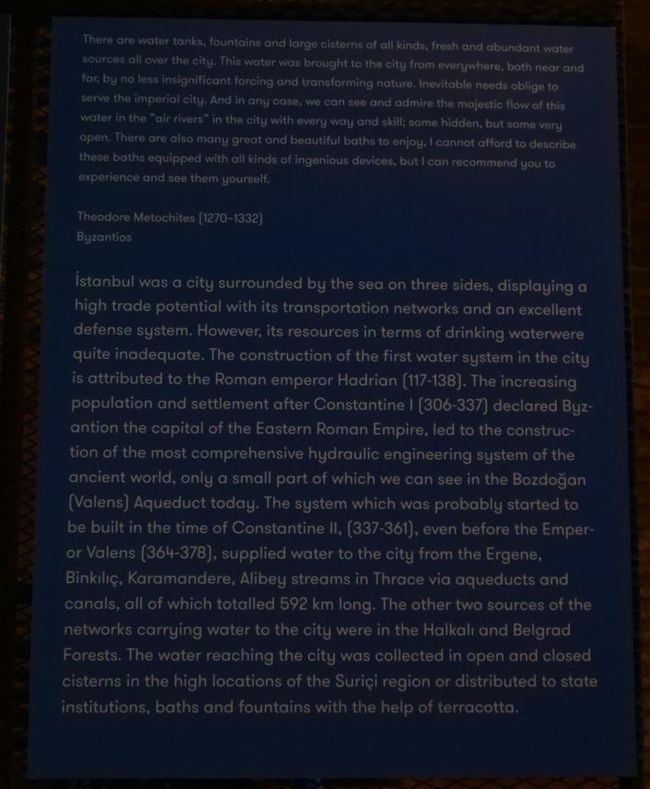
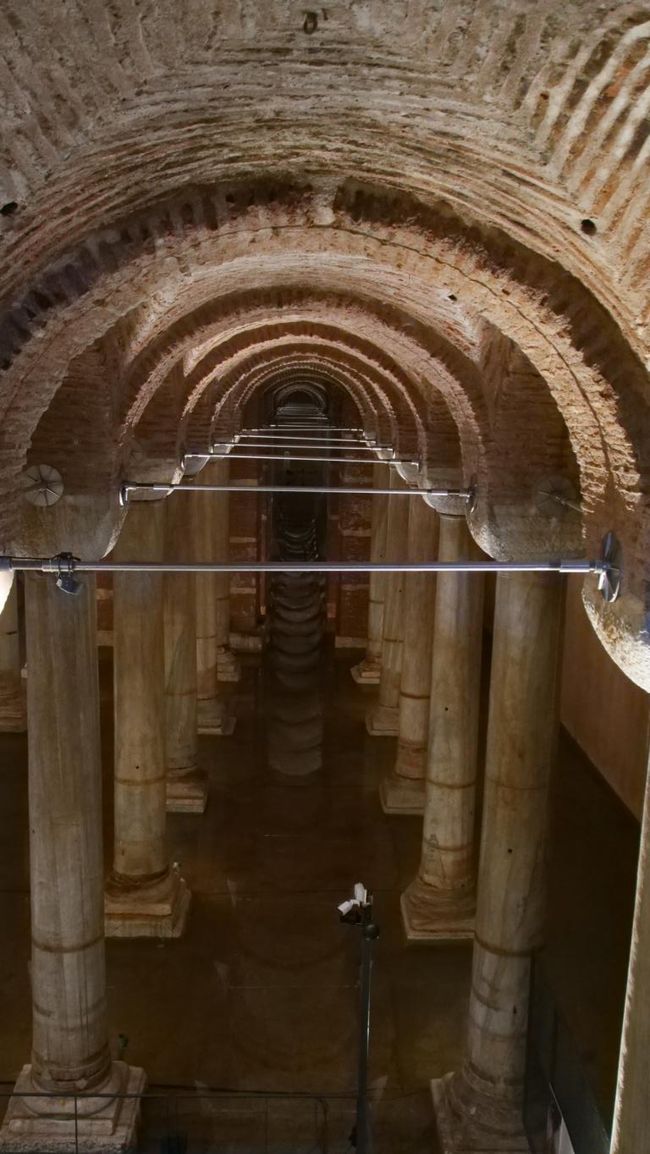
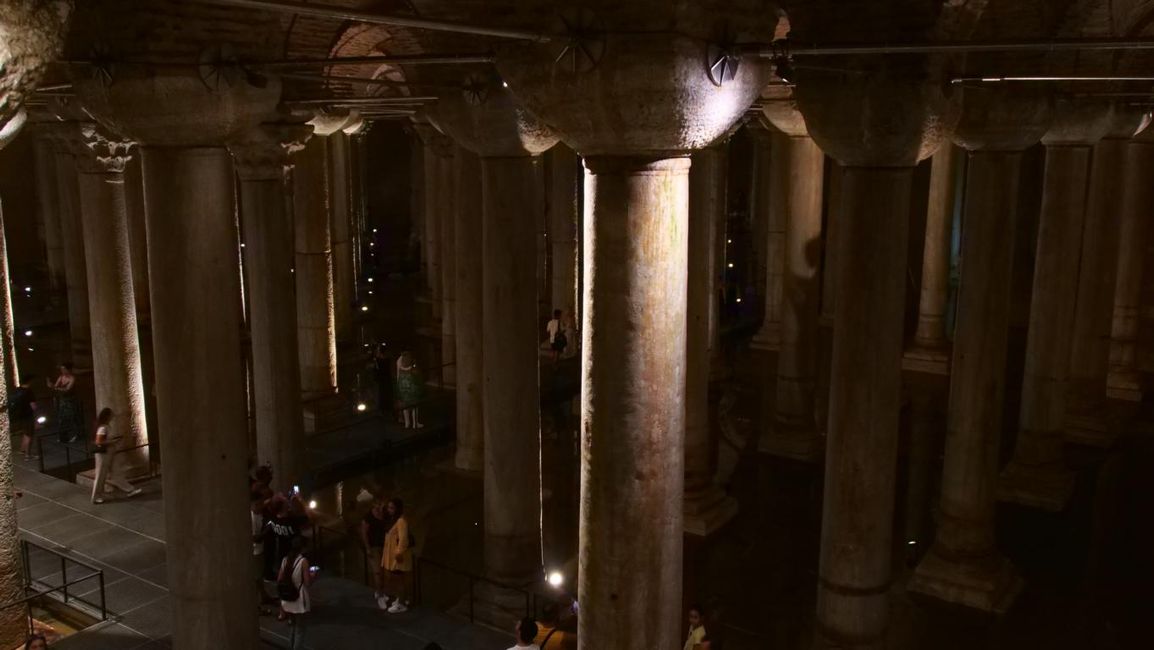
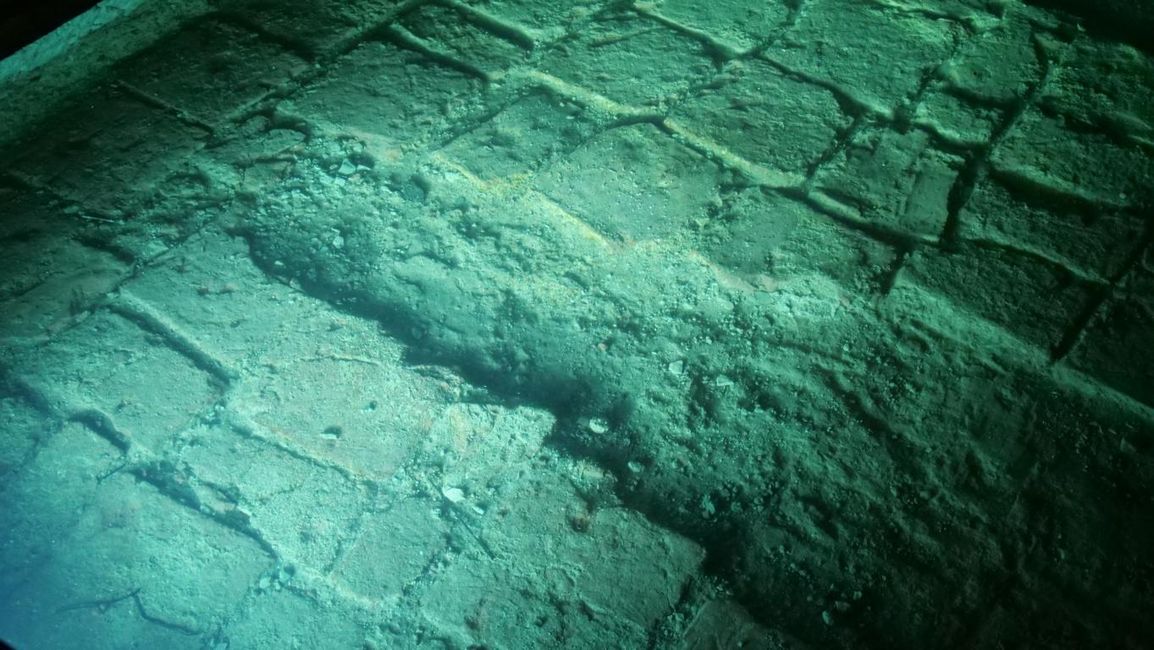
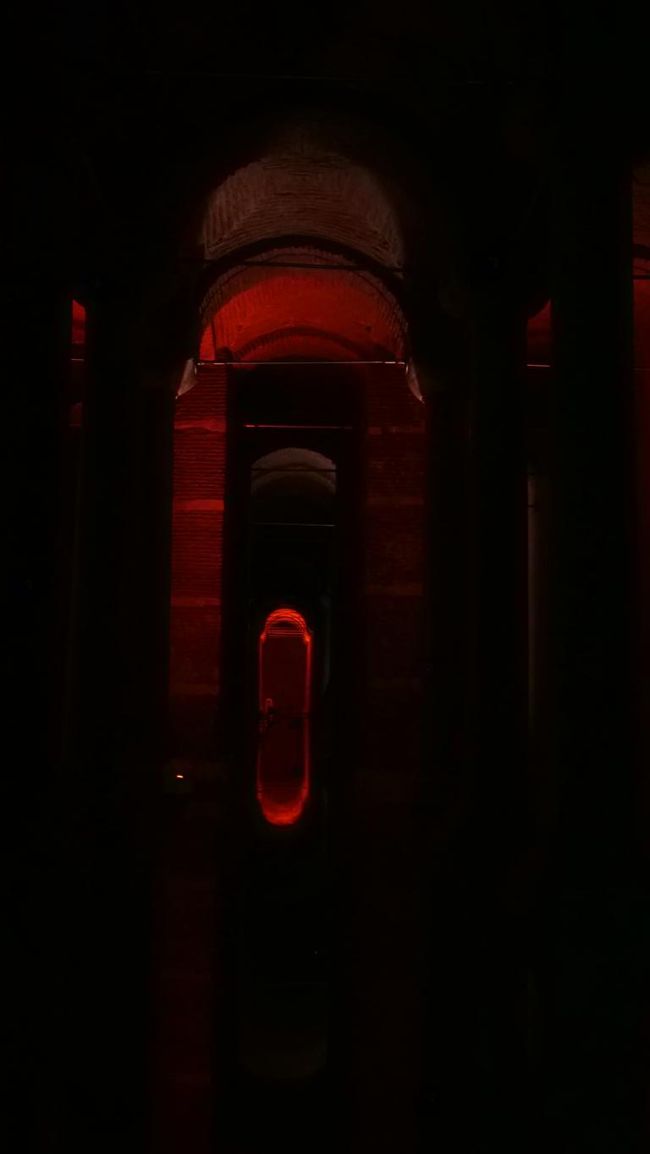
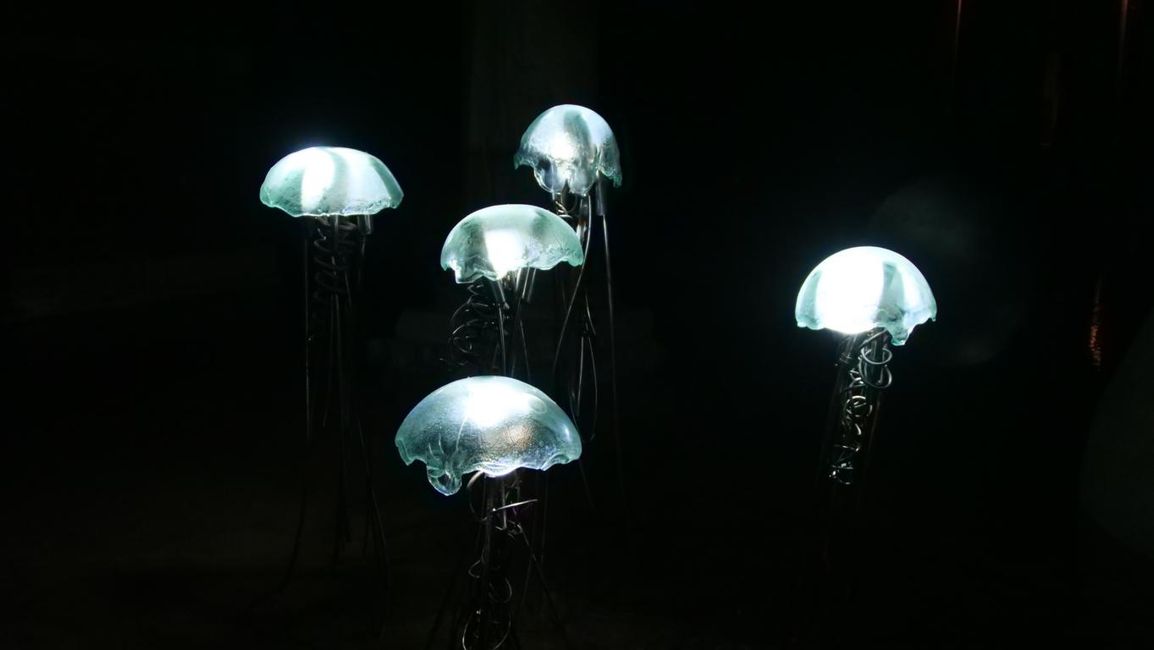
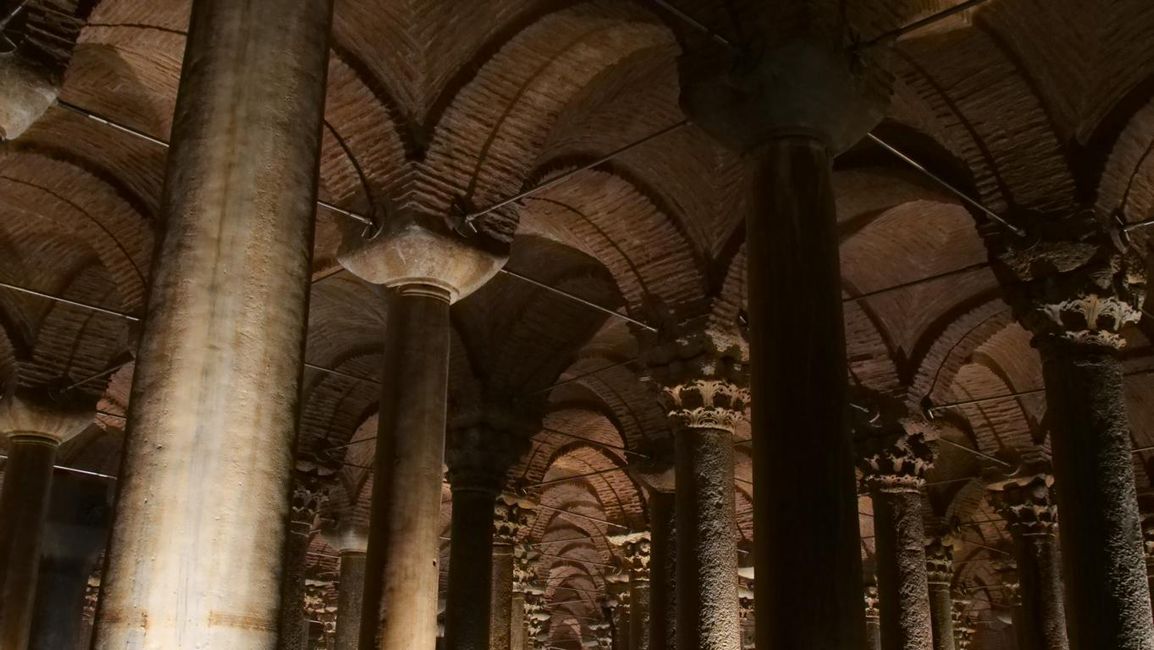
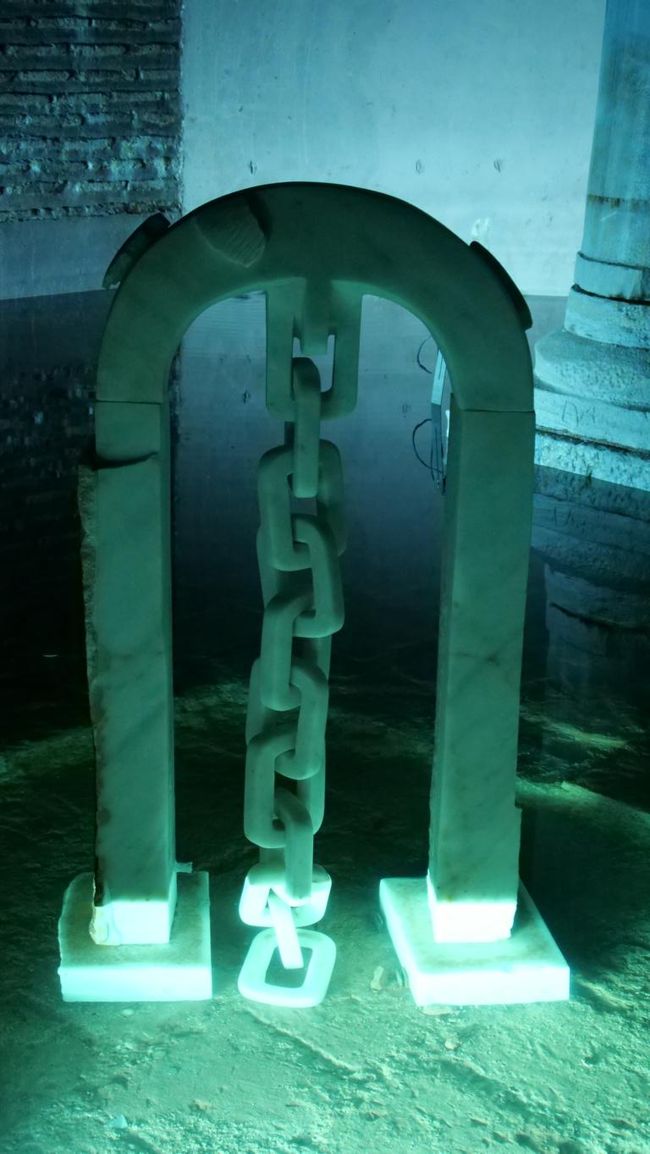
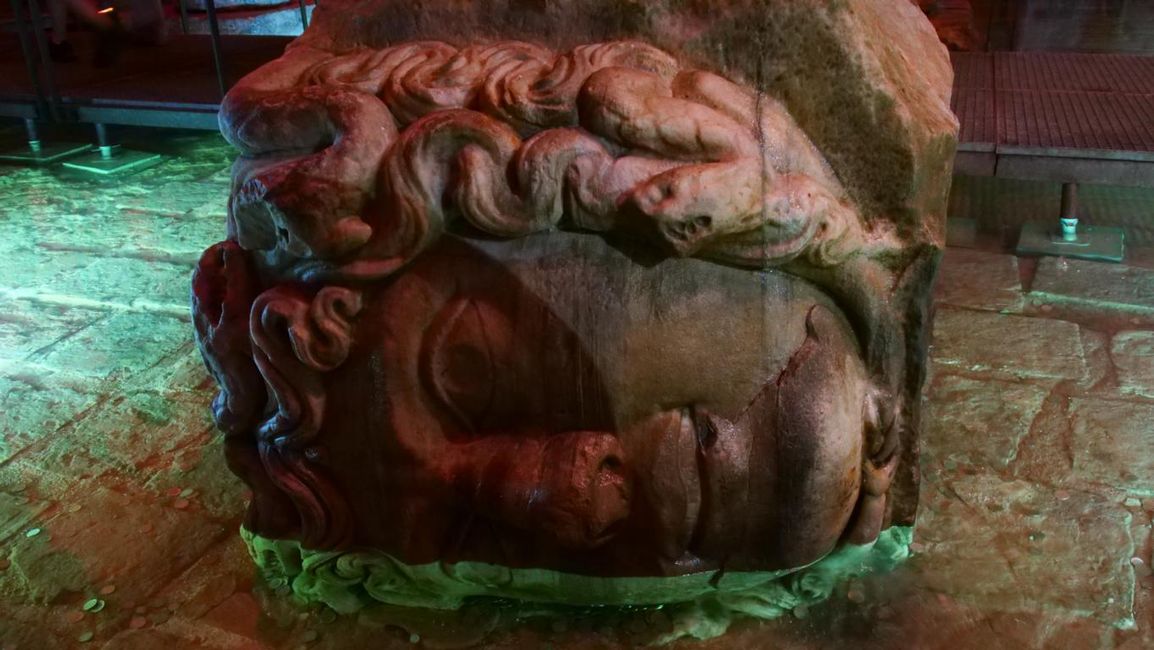
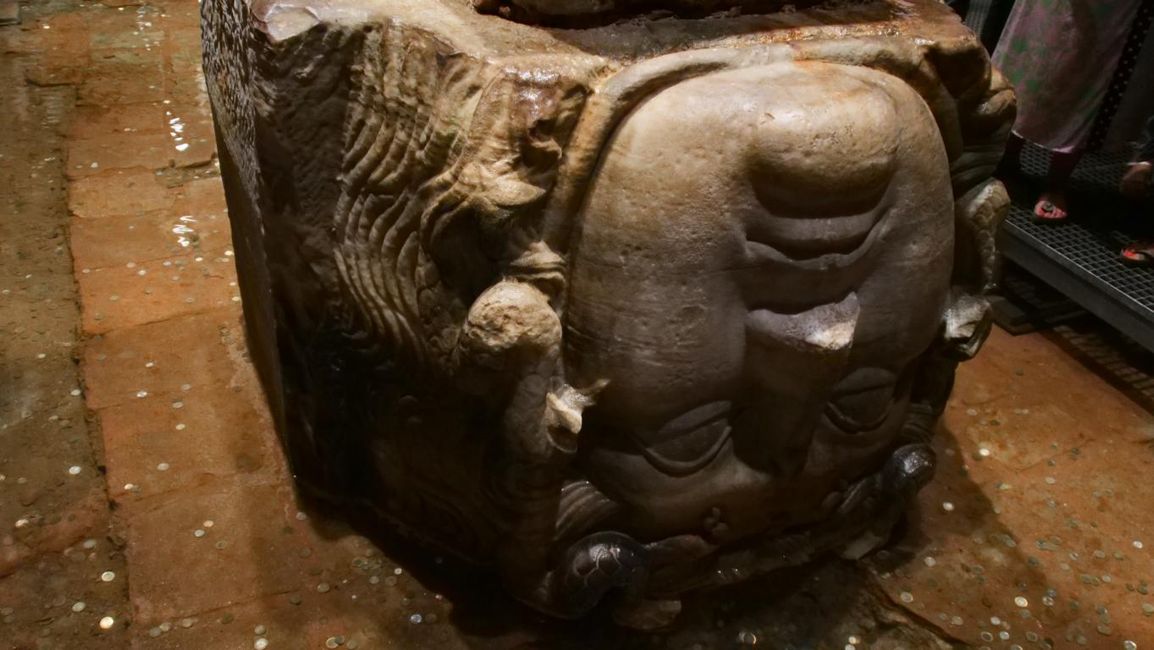
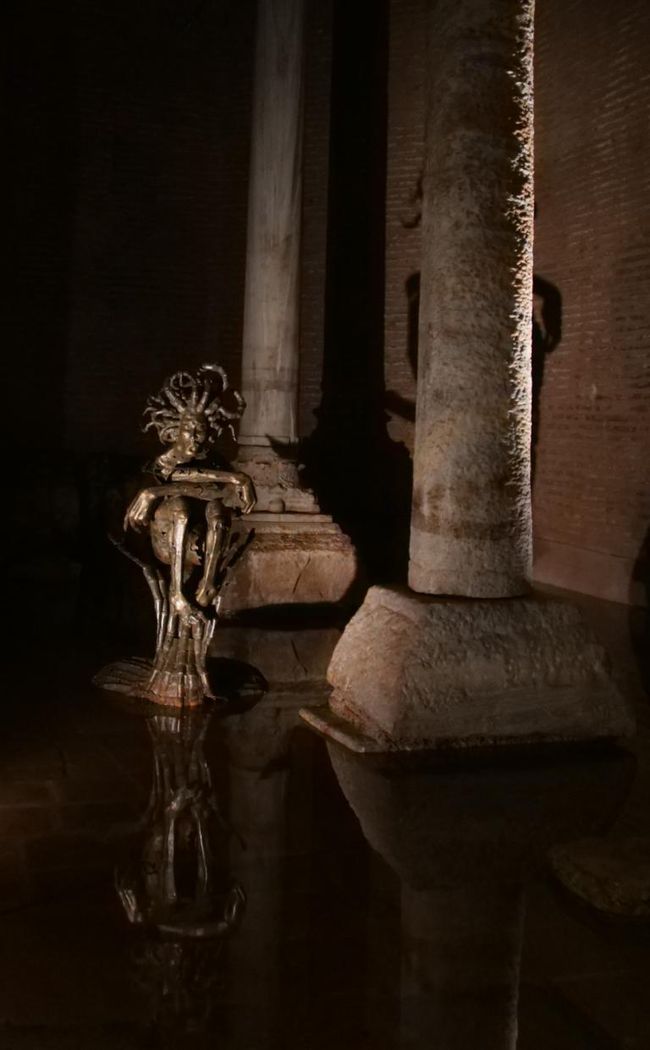
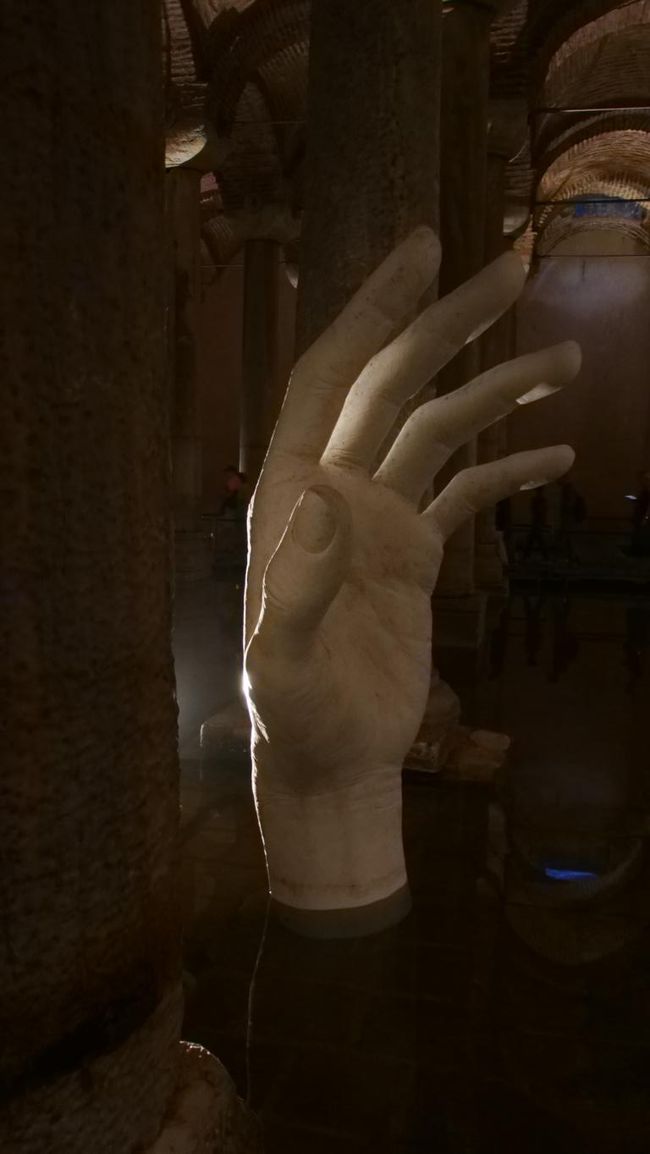
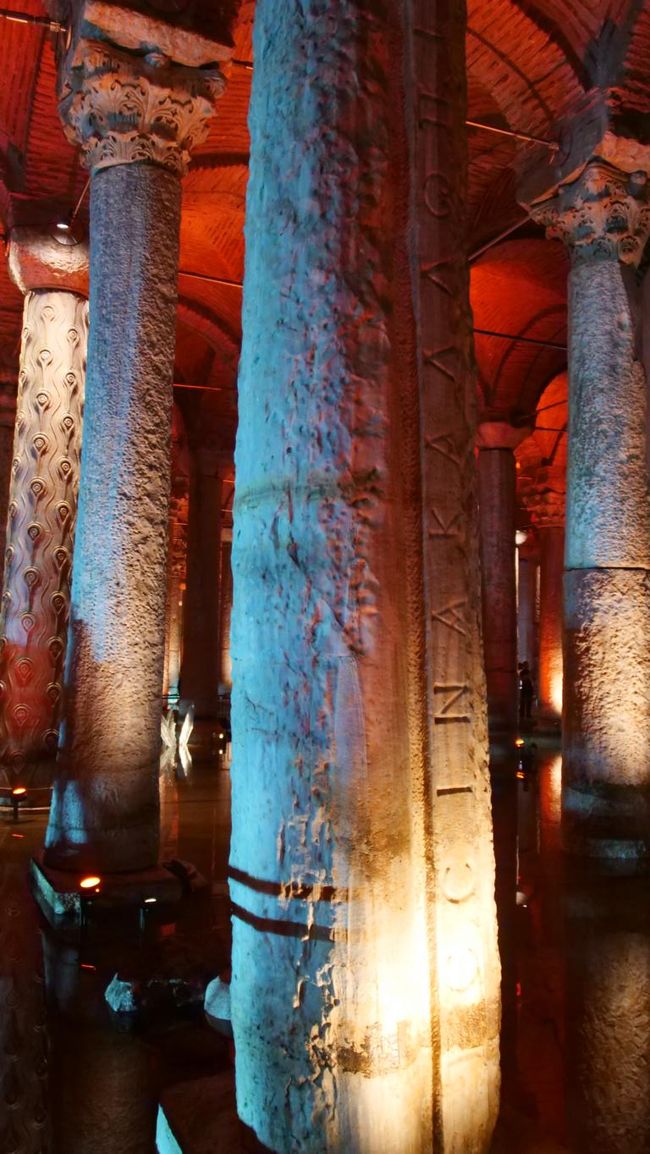
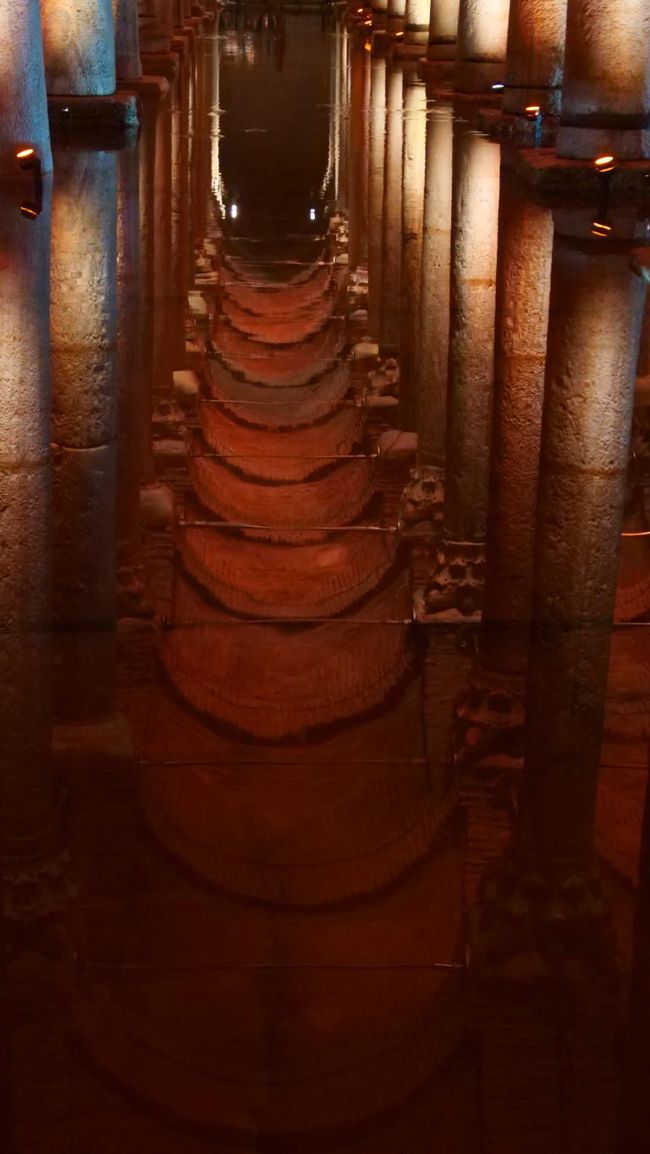
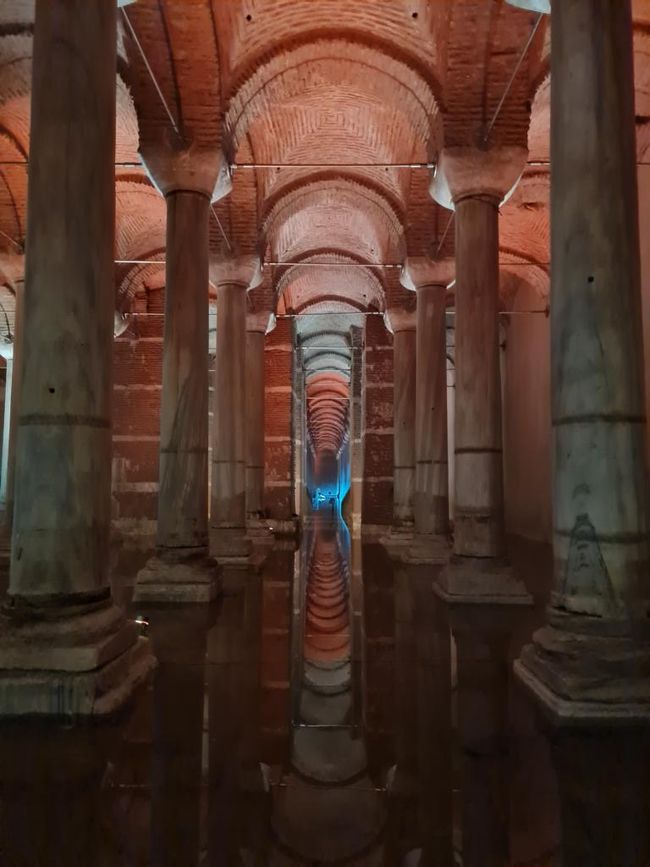
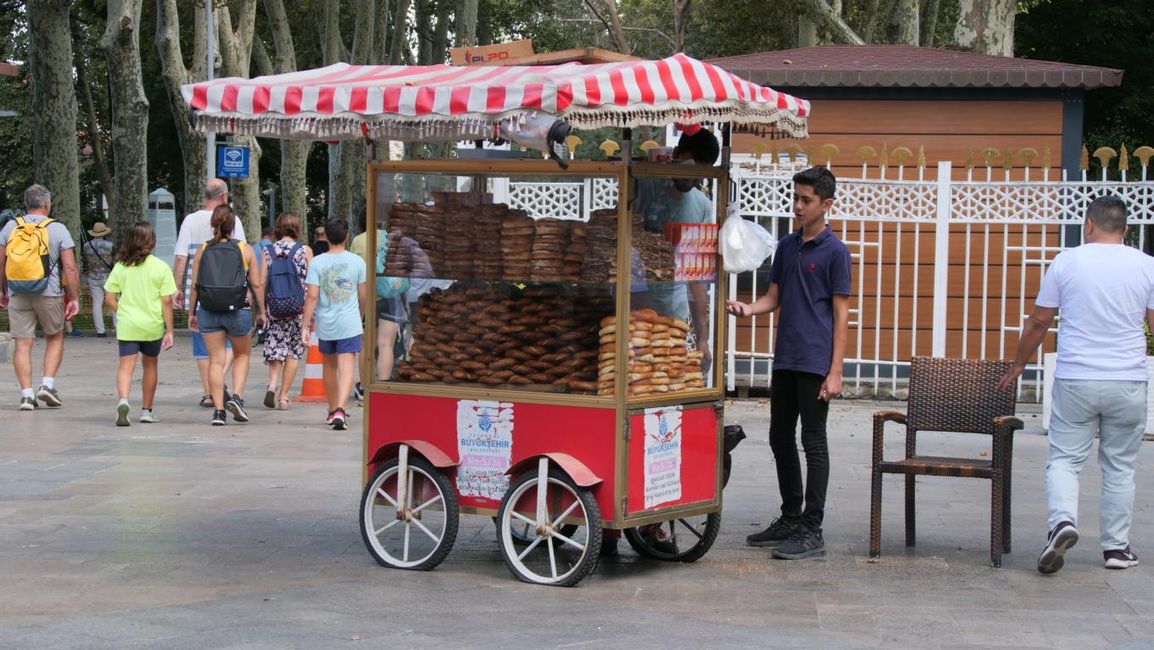
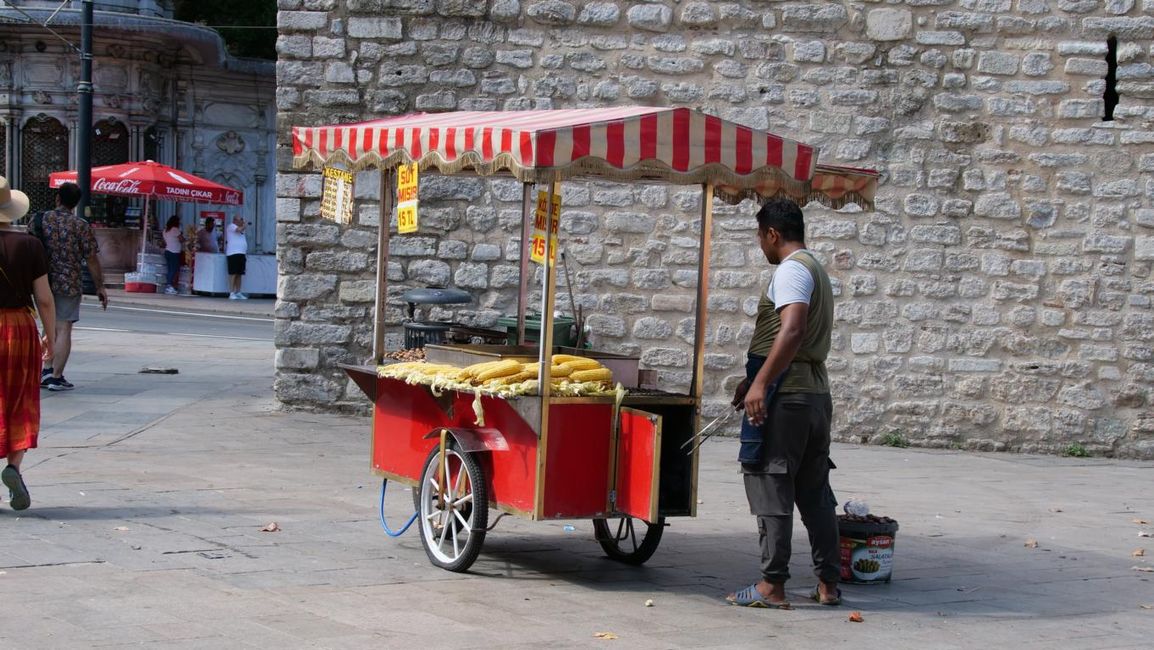
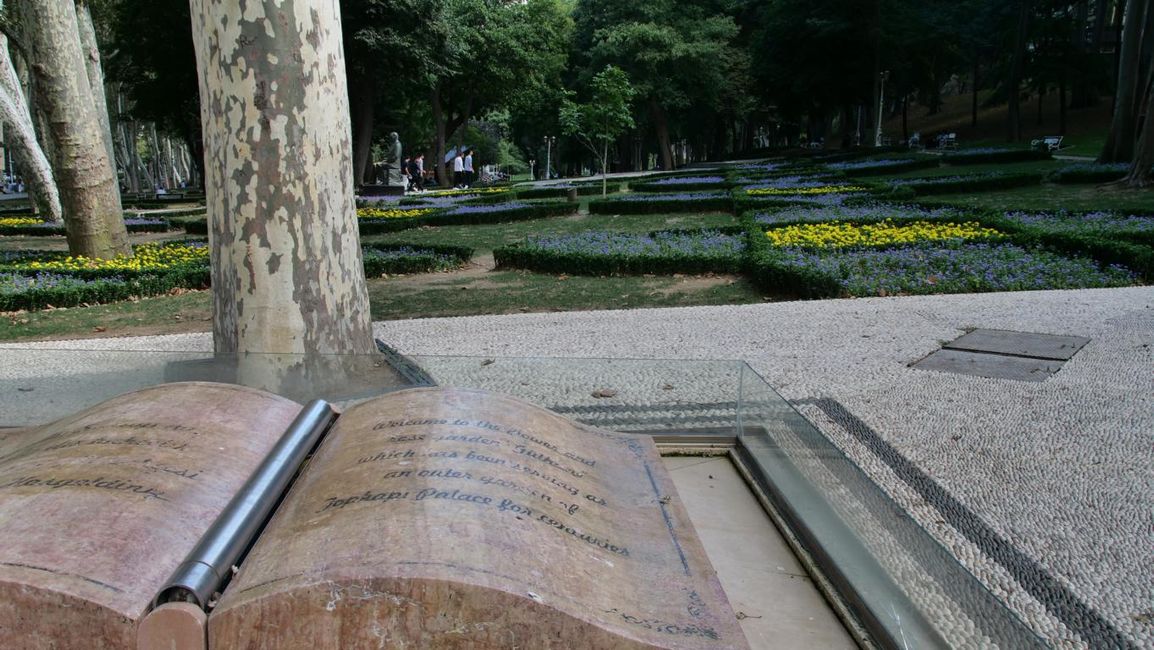
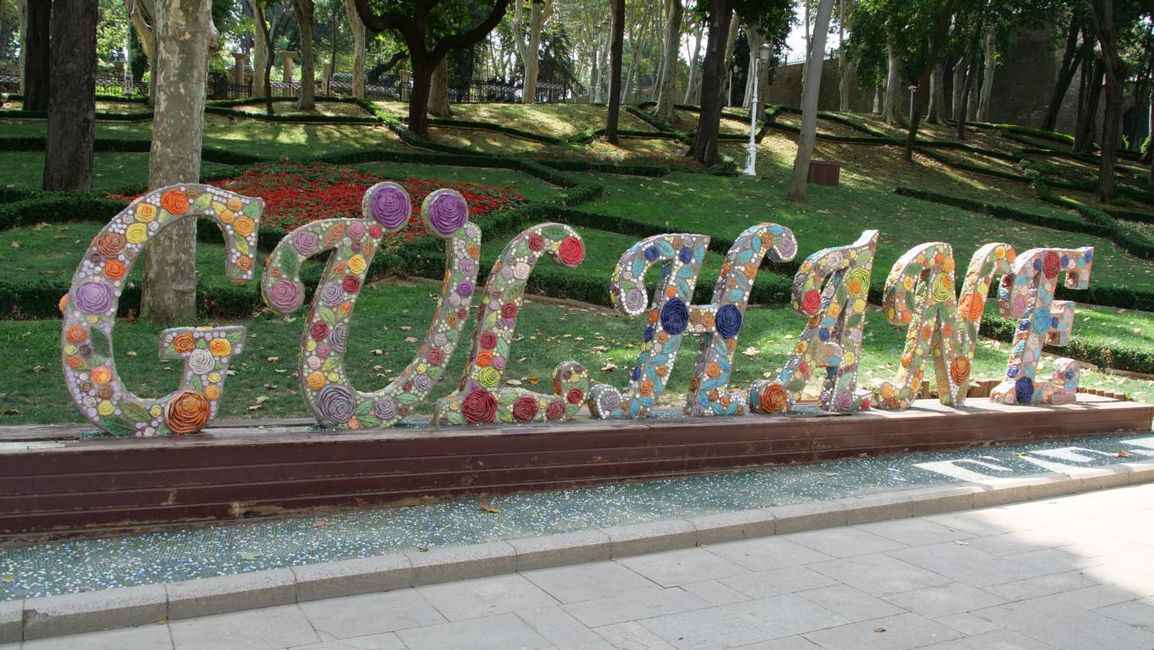
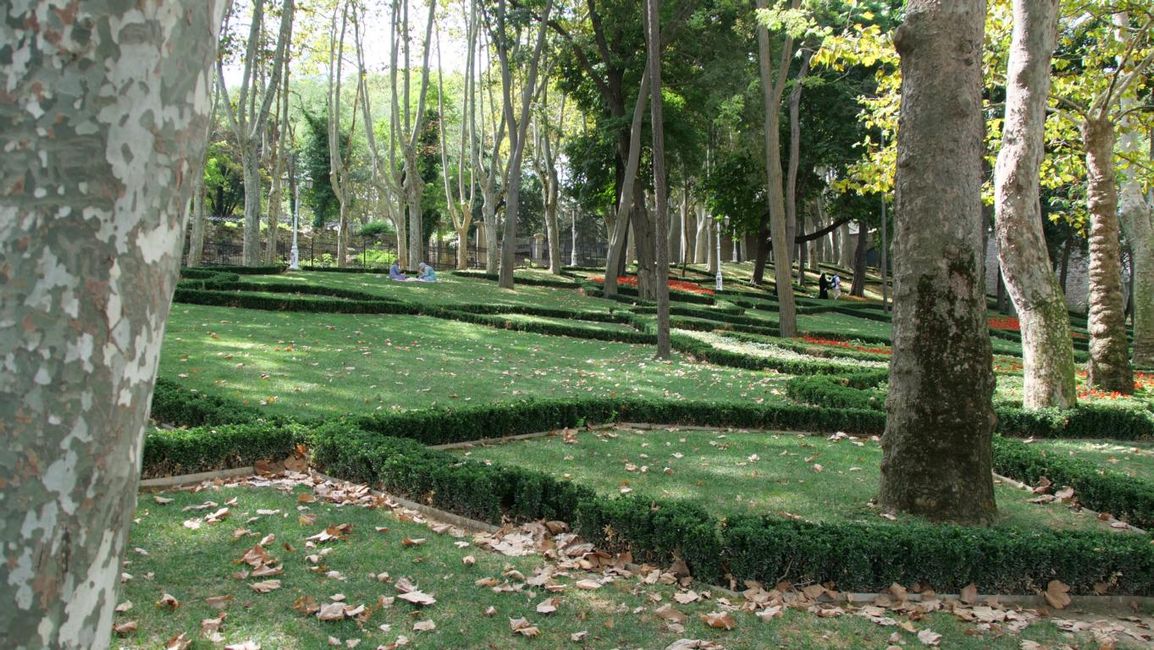
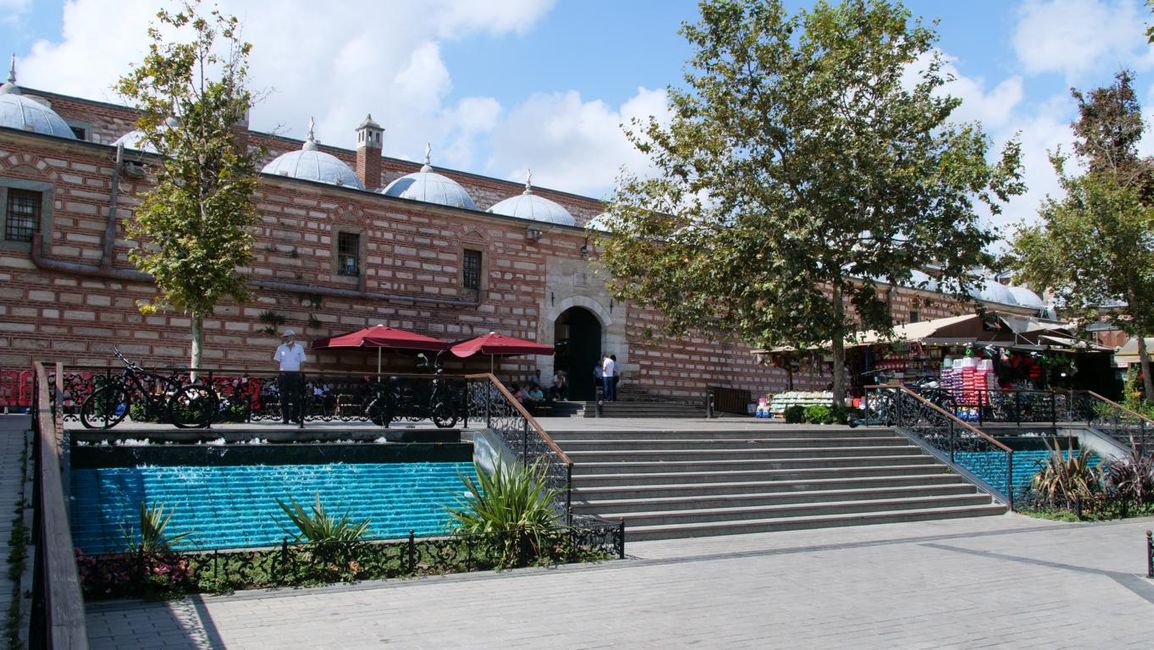
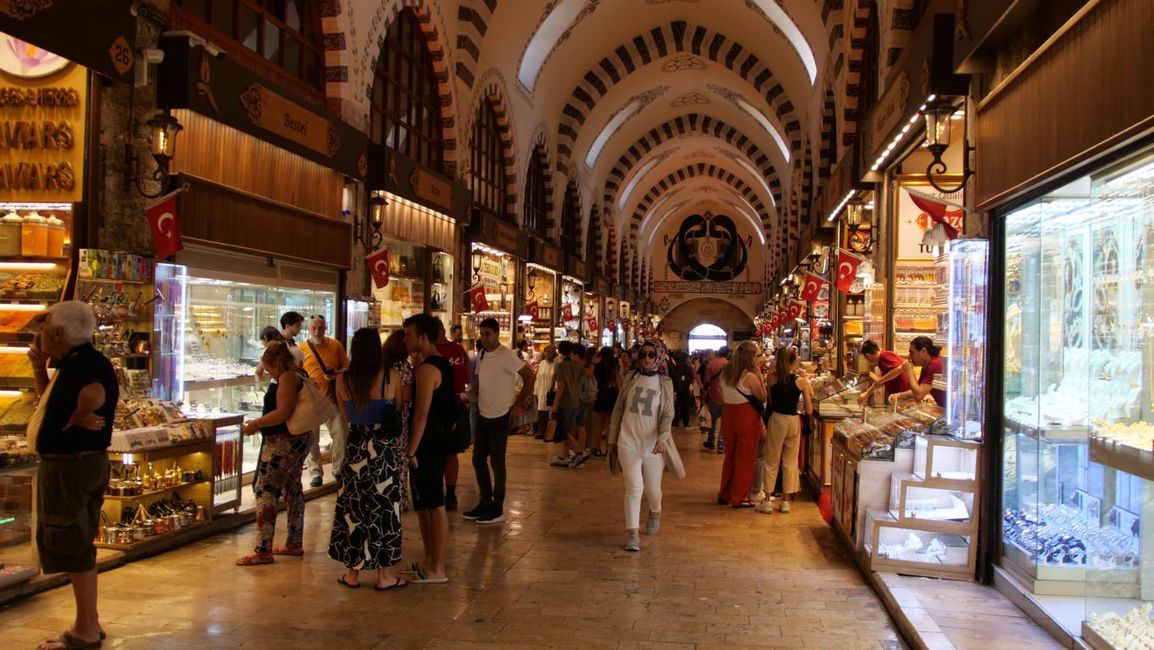
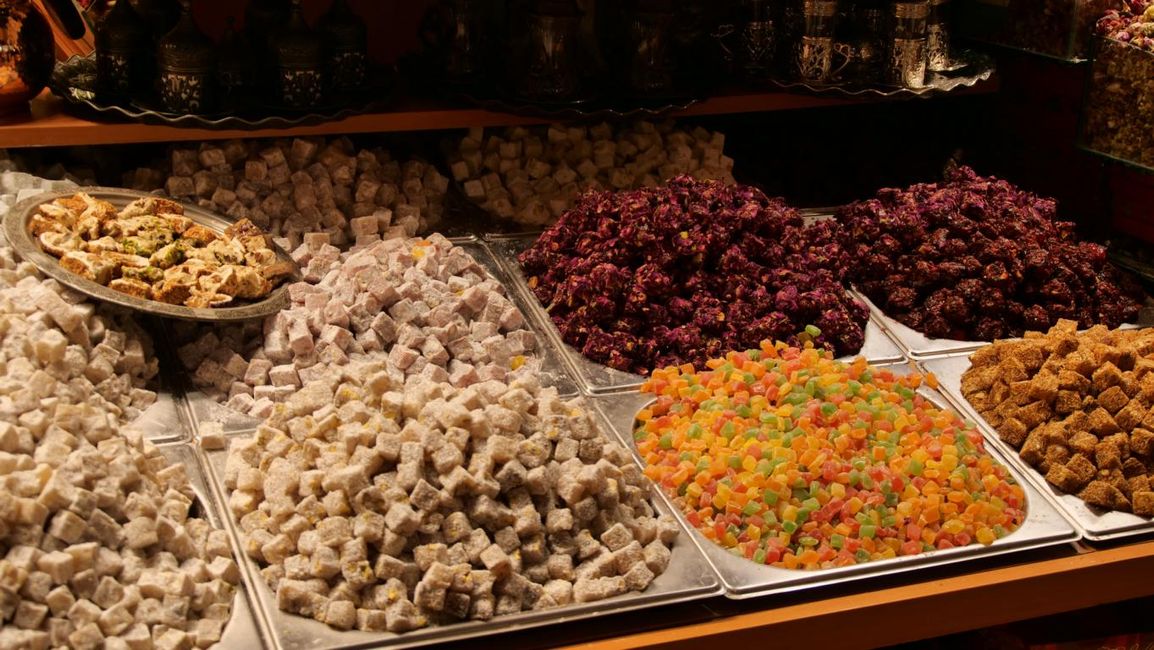
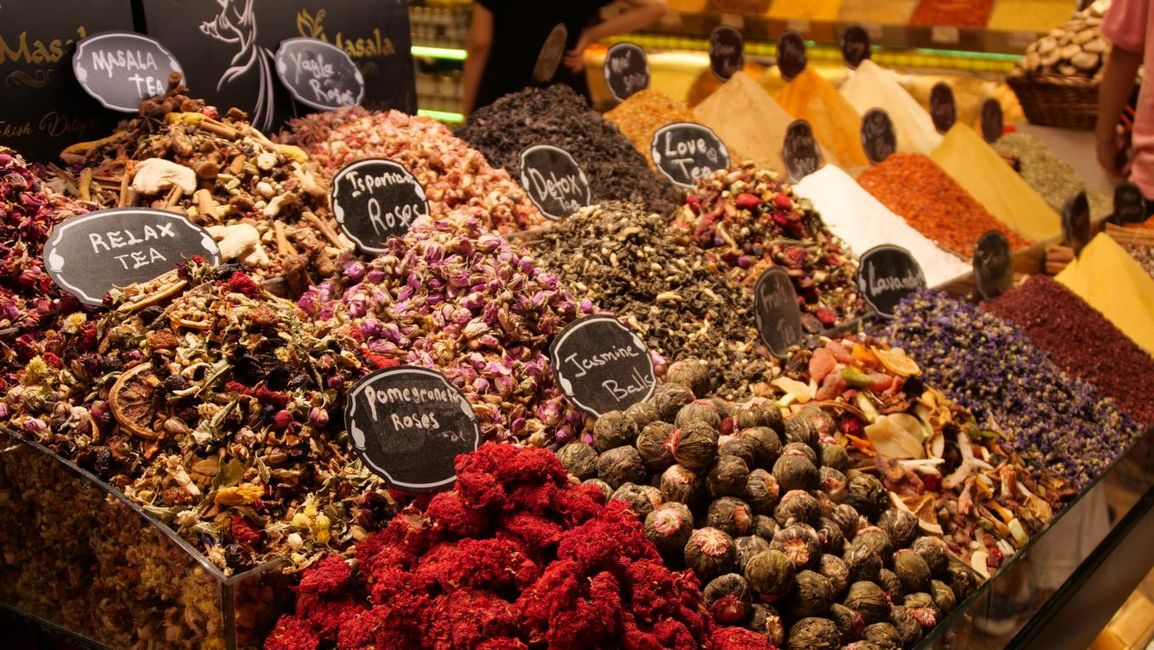
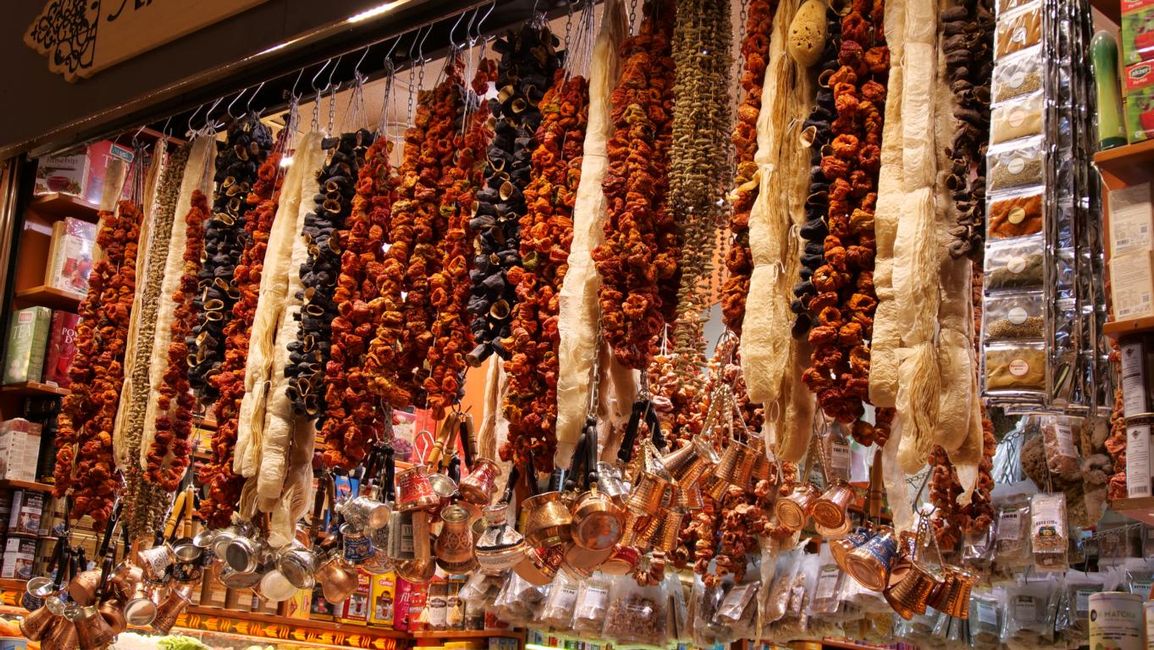
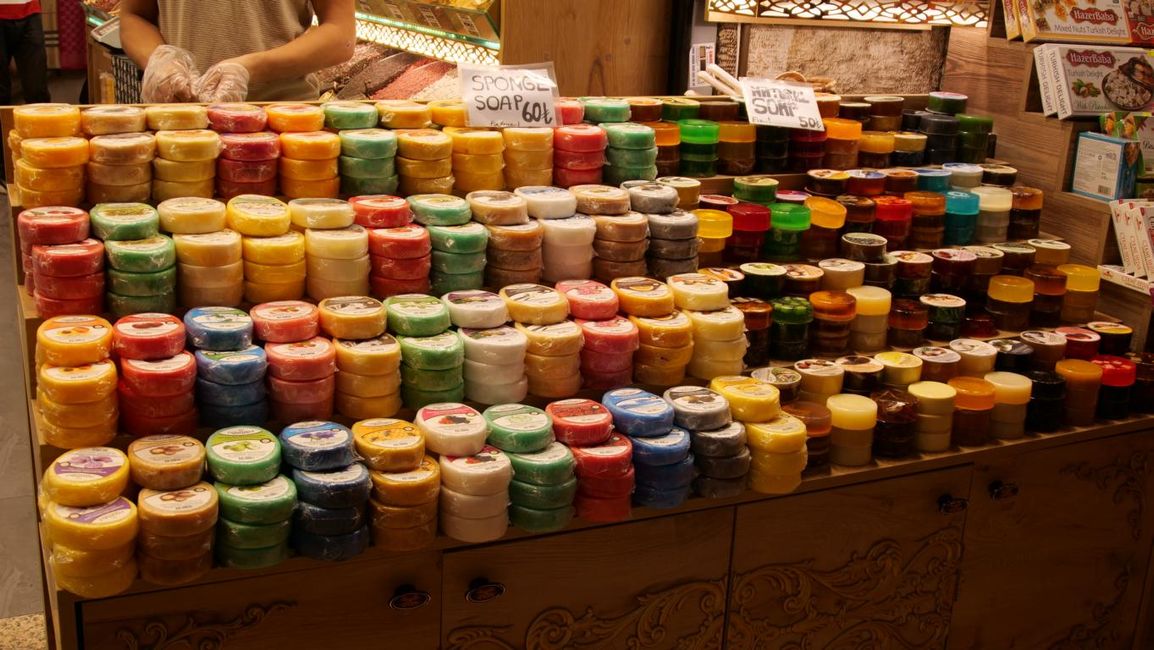
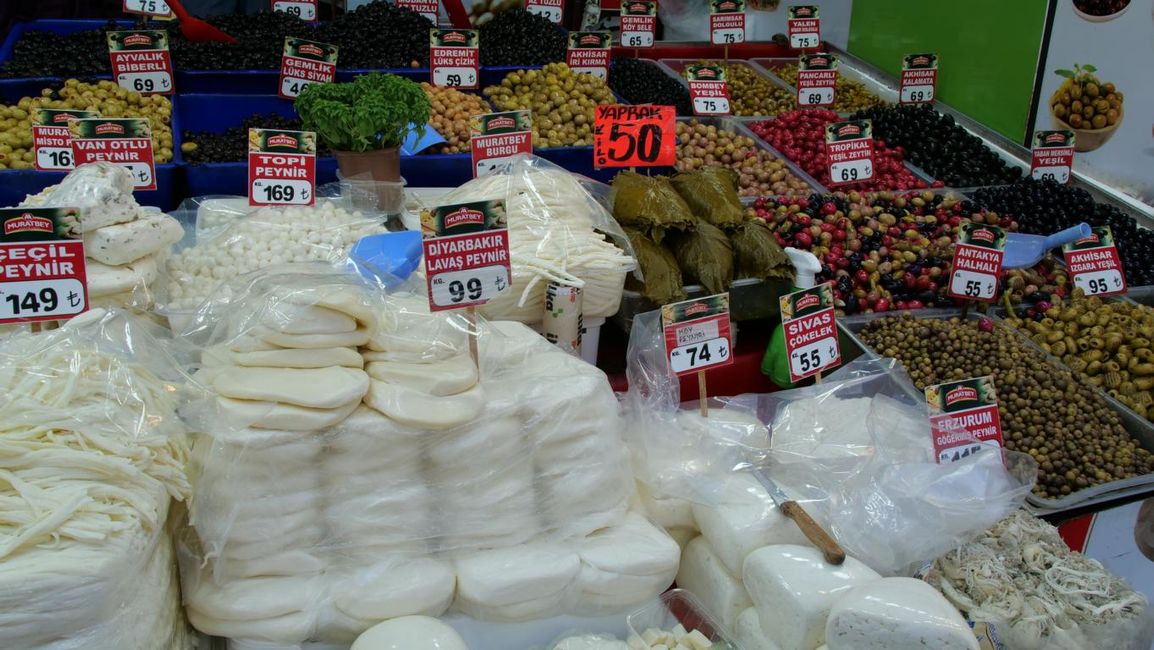
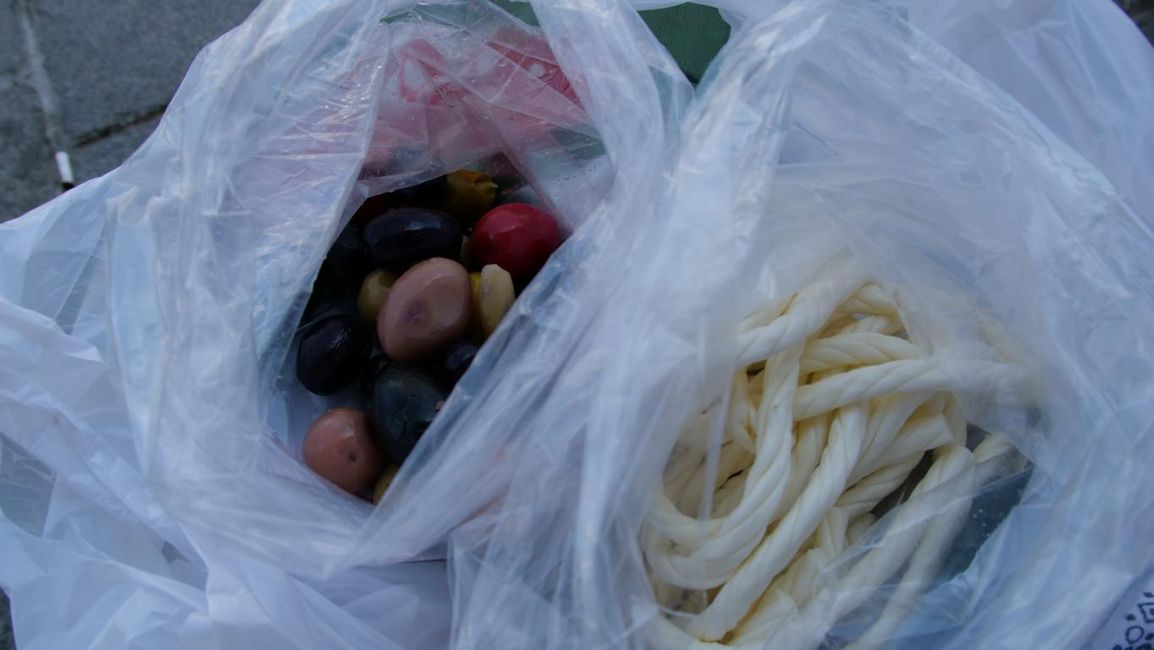
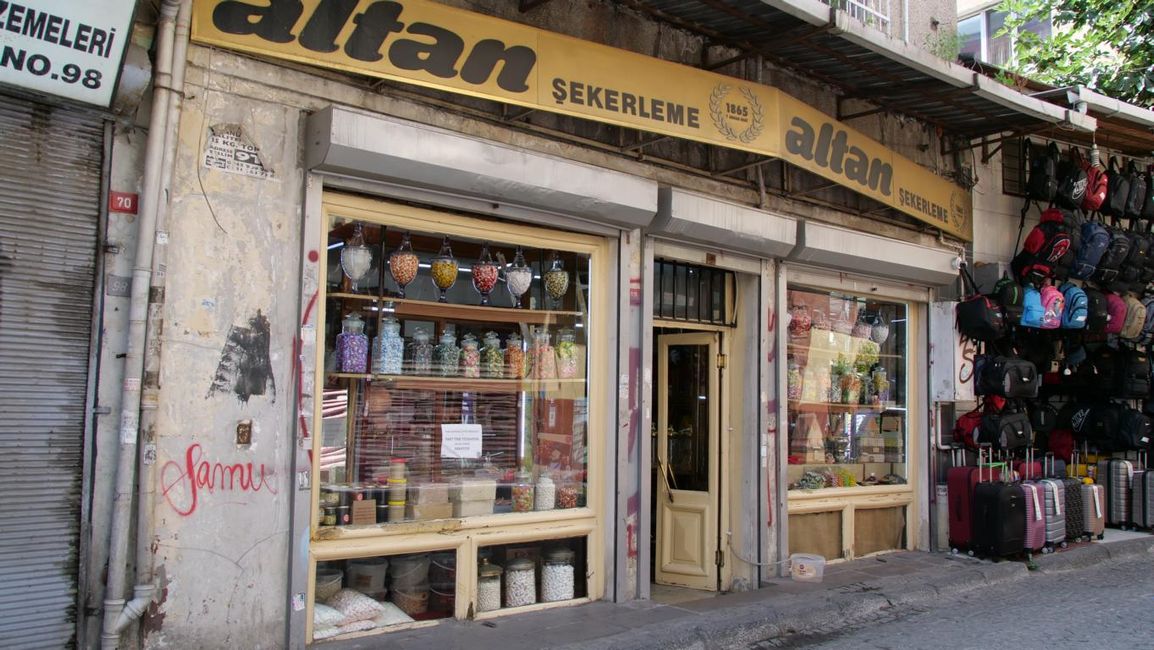
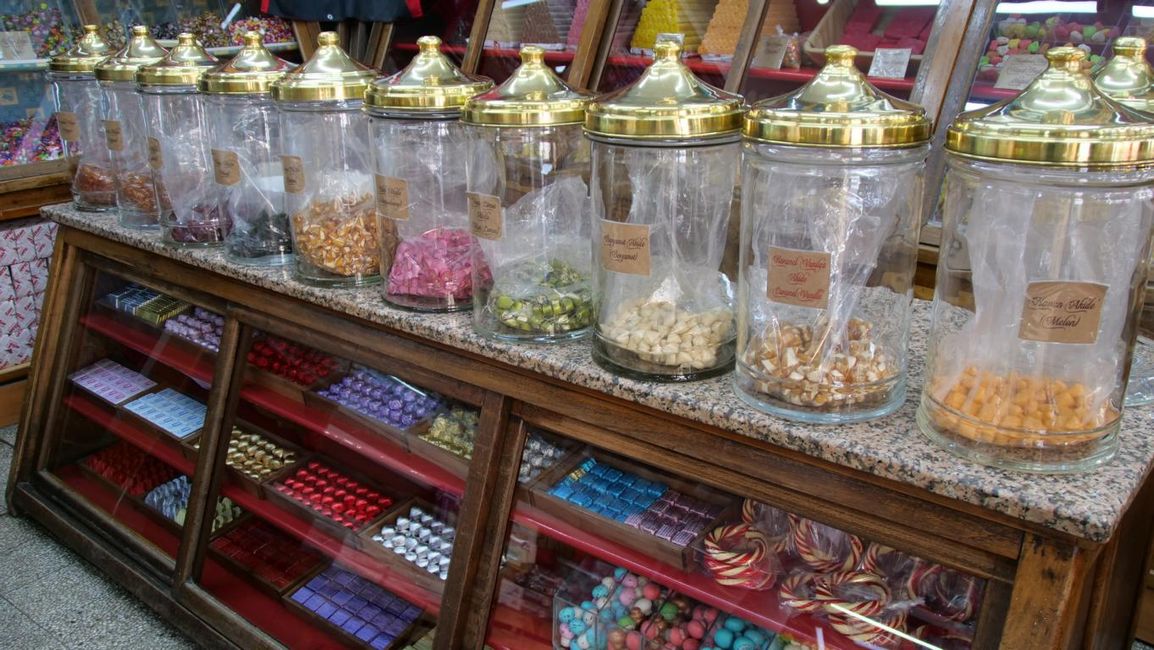
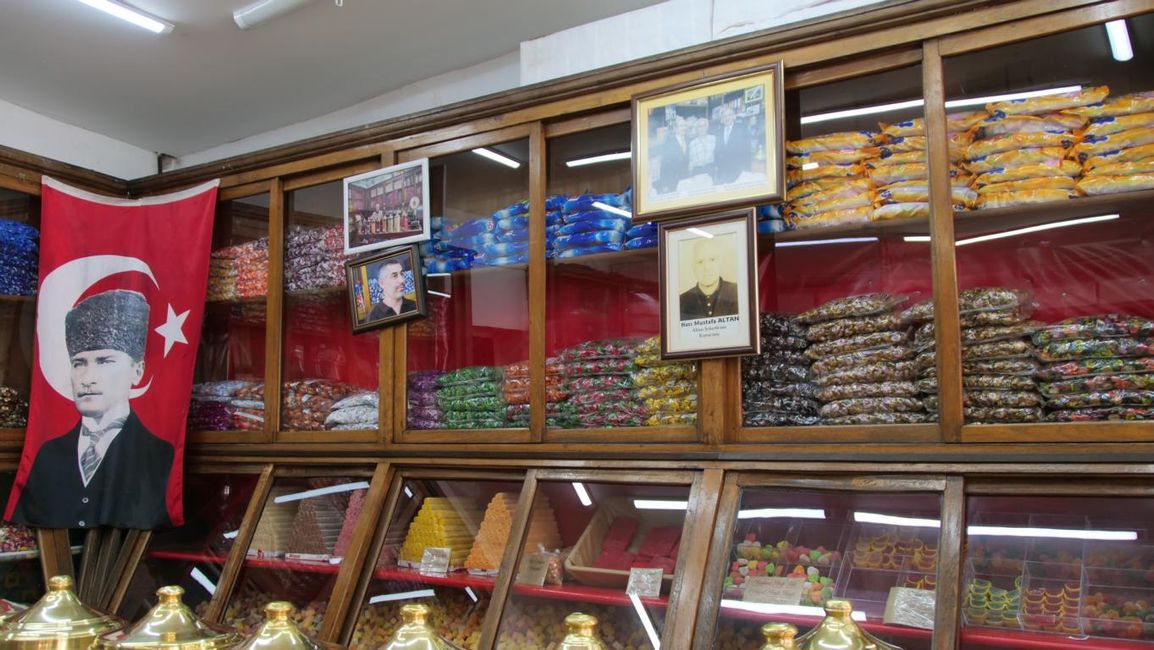
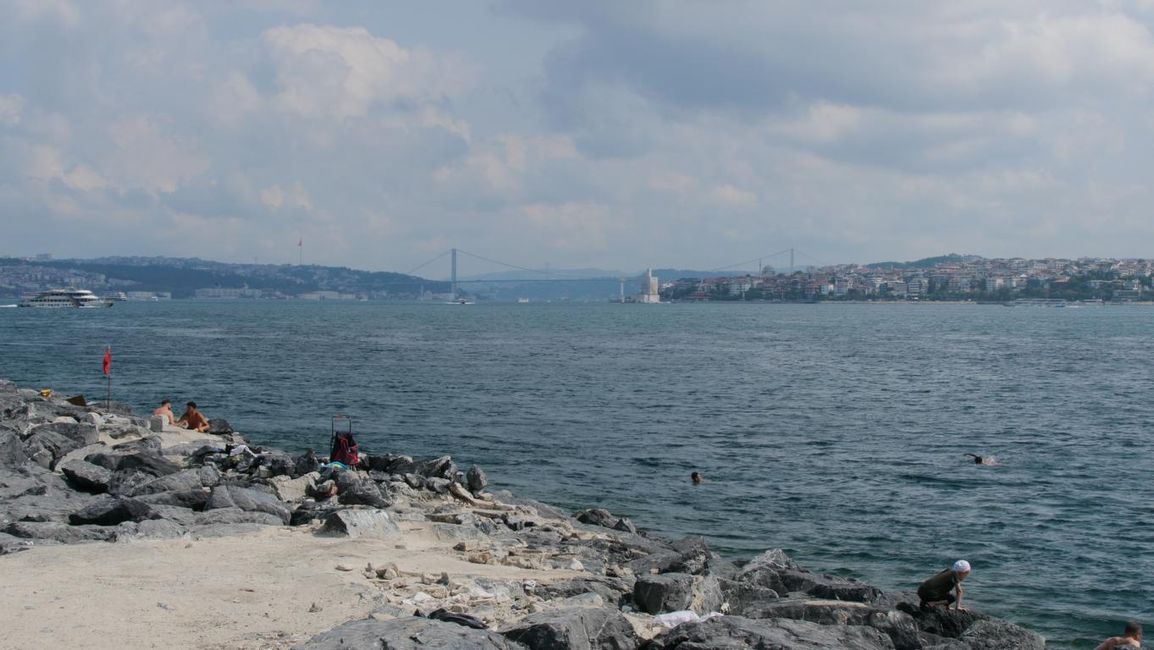
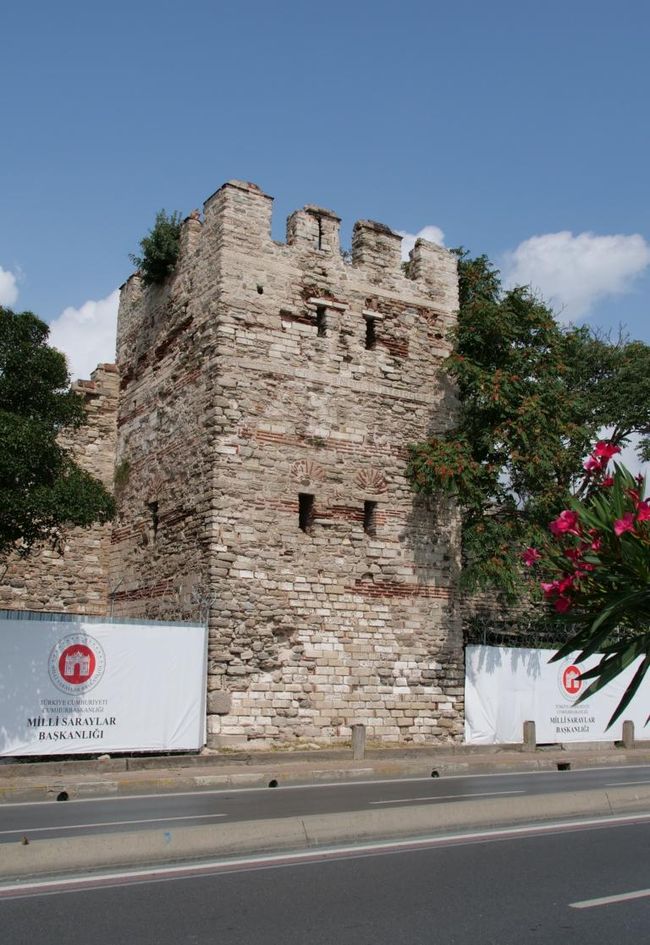
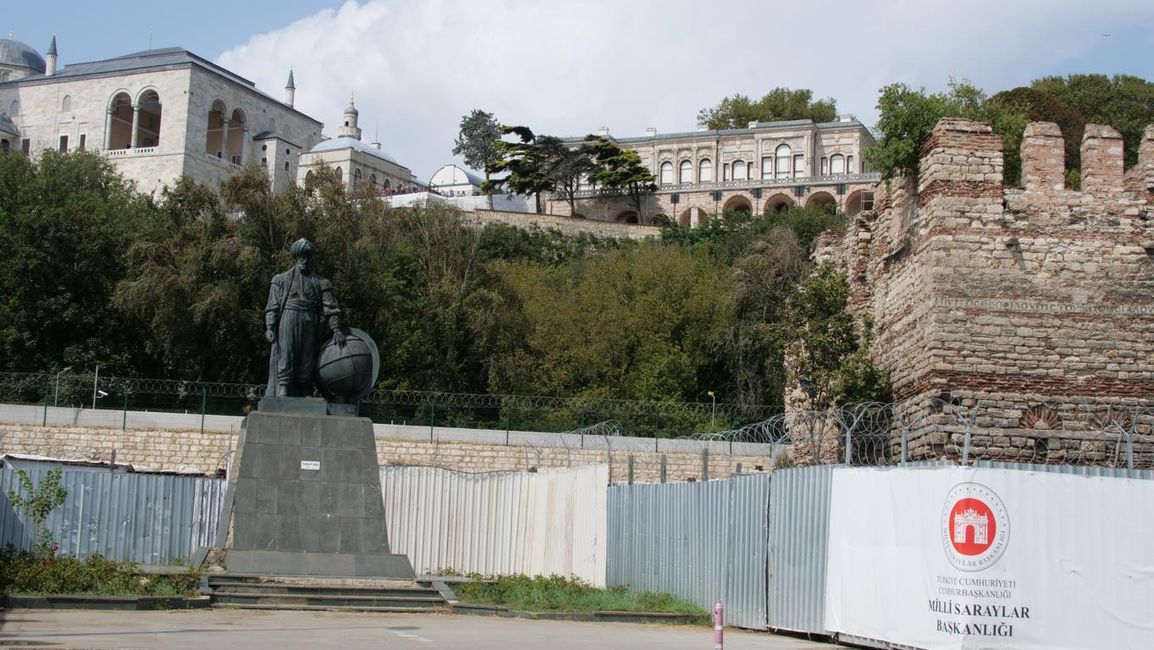
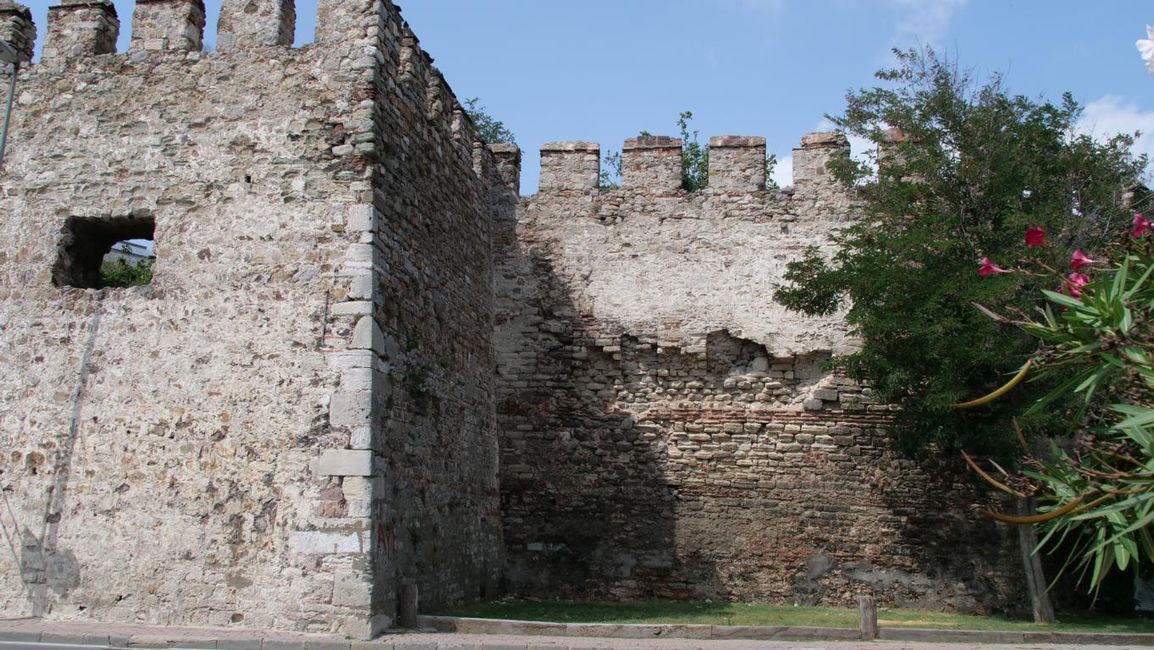
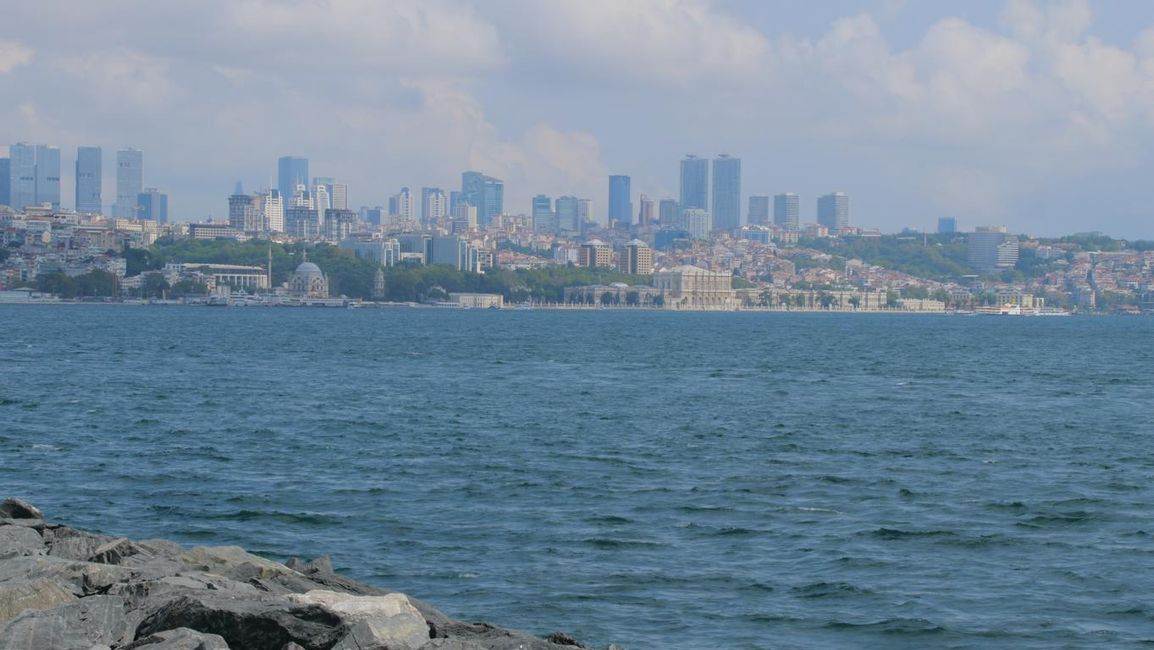
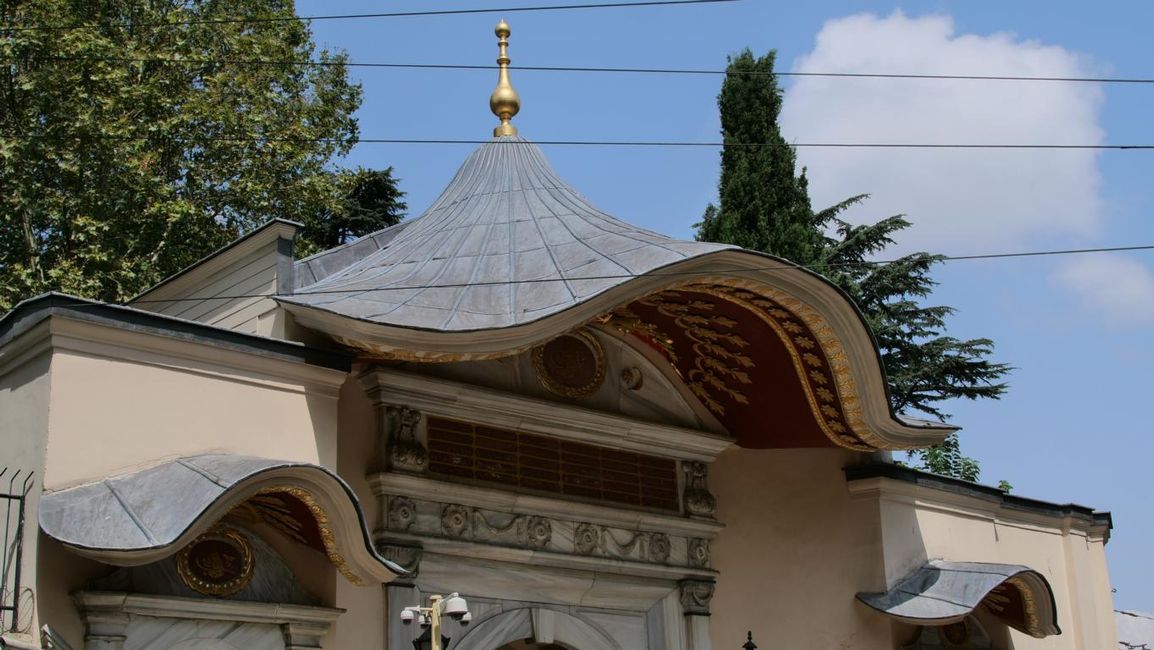
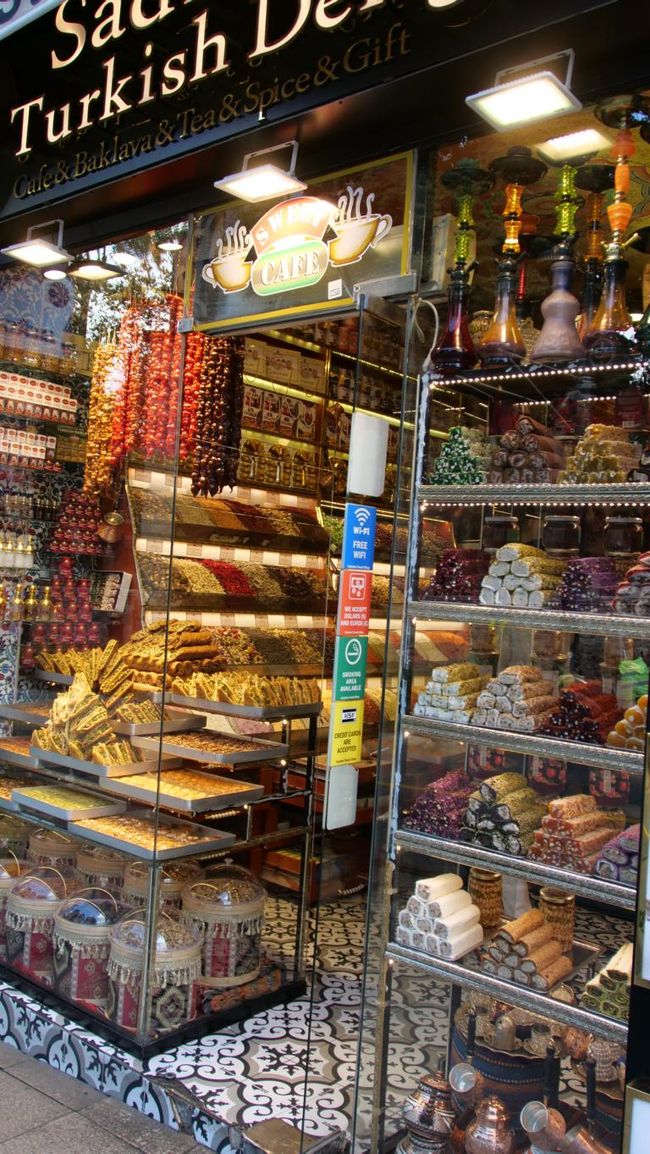
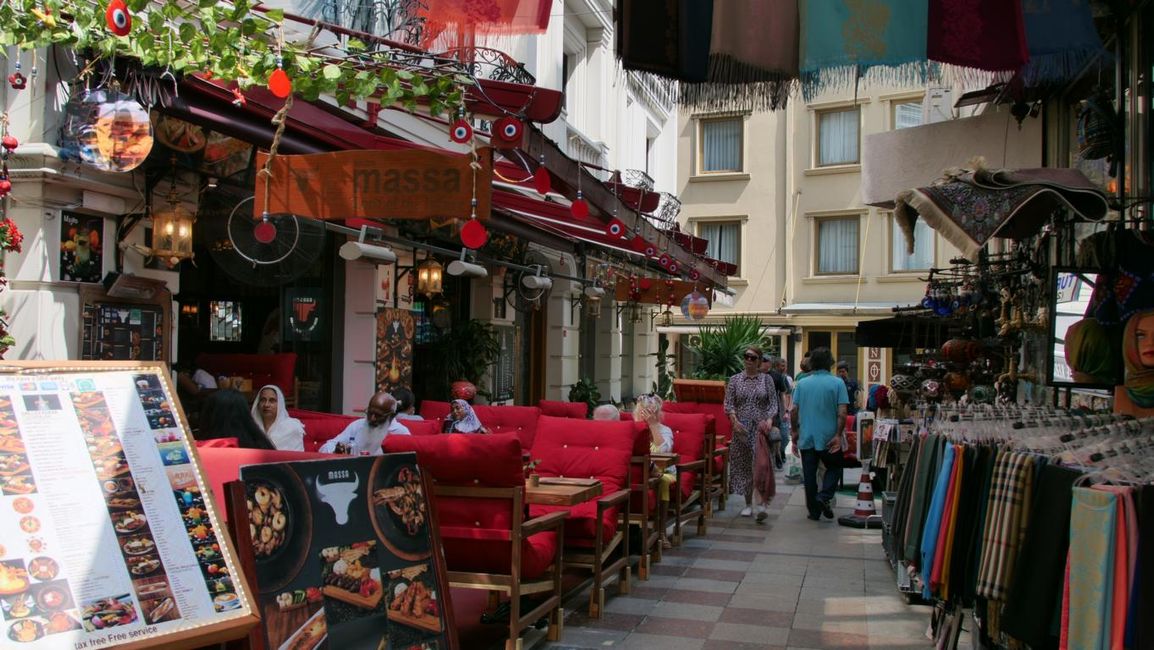
Naročite se na glasilo
Istanbul is the most populous city in Turkey with around 15.5 million inhabitants. It is located on the northern shore of the Sea of Marmara on both sides of the Bosphorus, in the European Thracian and Anatolian Asia. Therefore, it is represented on the world map on two continents and is truly something special.
Since we have both been to Istanbul several times before, we wanted to spend the time here very relaxed. We took the tram and subway to the Feriköy neighborhood. Here is the largest organic fruit and vegetable market in Istanbul. We tried delicious delicacies offered fresh from small kitchens. We then went to the Grand Bazaar, the largest covered market in the world. There are over 4,000 shops in 60 streets and alleys on 30,700 square meters. The bazaar was built between 1451 and 1481 during the reign of Sultan Mehmed II, "the Conqueror". Carpets, clothing, souvenirs, useful and unnecessary things, everything is available here. Bargaining for the best price is definitely encouraged. In a hidden corner, we found a small barbershop. Or rather, a chair, a mirror, and a washbasin, and that was all there was to the room. Ben got a professional and accurate haircut. This included trimming eyebrows and nose hair and burning tiny ear hairs, all for less than 10 euros.
Early the next morning, we walked to the Sultan Ahmed Mosque. It is one of the most popular sights in Istanbul and is an indispensable part of the city's skyline with its six slim minarets. The mosque is better known as the Blue Mosque. It earned this nickname because more than 21,000 white and blue tiles were used in its construction between 1609 and 1617. Unfortunately, we couldn't see much of the beautiful interior and design because the mosque is currently being restored both inside and outside. It's a good thing we had already visited it a few years ago, because without scaffolding, it is really beautiful to look at. Equally famous is the Hagia Sophia, which is located directly opposite the Blue Mosque. We had to wait a bit to get a glimpse inside. The Hagia Sophia was built as a Byzantine church between 532 and 537 AD. It was used as a mosque from 1453 to 1935 and then served as a museum. Since 2020, it has once again been used as a mosque. With its floating dome almost 56 meters high and 31 meters in diameter, it is the most important example of a late antique basilica with a dome and overshadows older church buildings across cultures. We took off our shoes, I put on a headscarf, and we looked inside the remarkable building. It was quite warm outside, so we hid underground in Istanbul and visited one of the most impressive sights of the city. The Basilica Cistern, also known as the Sunken Palace, is a late antique cistern. We entered a huge vault with countless columns. The almost 1,500-year-old facility is the largest and most famous underground water source from the time of flourishing Constantinople. We walked through the mystical and illuminated facility for about half an hour, discovering various columns, artworks, and two ancient heads of Medusa that were installed upside down. Probably, the height of the columns was not uniform at the time, so it had to be balanced, and the workers used matching fragments from other columns that were available. We continued our walk through Gülhane Park to the Egyptian Bazaar, also known as the Spice Bazaar. It is named after the goods, especially the spices, that came from Egypt and were sold here at that time. A large part of the remaining approximately 100 shops consists of traditional spice traders. A sea of colors and scents awaited us. Nearby, we bought fresh olives and cheese snacks for in-between. Our next visit was delightfully sweet. We walked to the Altan Sekerleme Turkish Delight Shop. It has been run in family tradition since 1865 and offers very tasty Turkish sweets. Of course, we couldn't say no to that.
On the last day, we slept in and then it was time to visit the sea again. We walked directly from our apartment to the water and followed the Bosphorus all the way. The sea with birds, ships, and bathers on one side and the Byzantine city walls on the other side. You can walk along here for hours and always see a little more of Istanbul's skyline. If it weren't for one of the main roads between the promenade and the city walls, it would be a really great walk. So, at the next opportunity, we turned back into the city and enjoyed its bustling streets and colorful life one last time.
Naročite se na glasilo
Odgovori (1)
Ute
Ja in der Türkei 🇹🇷 kann man noch für 10€ zum Friseur 👍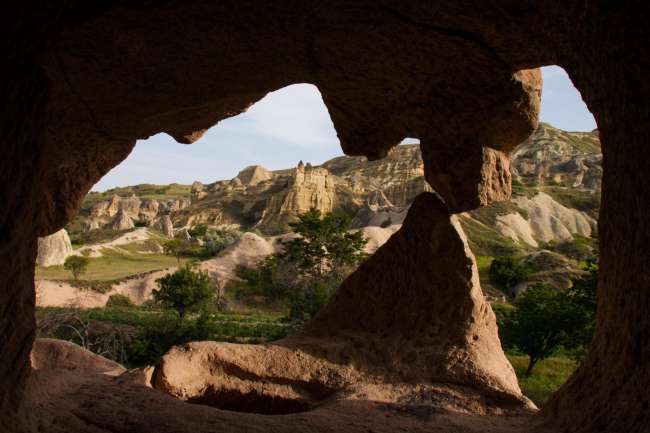
Poročila o potovanjih Puran
